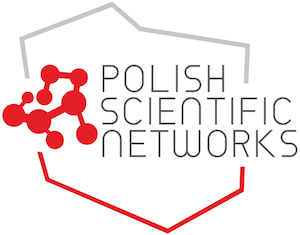Plenary lectures
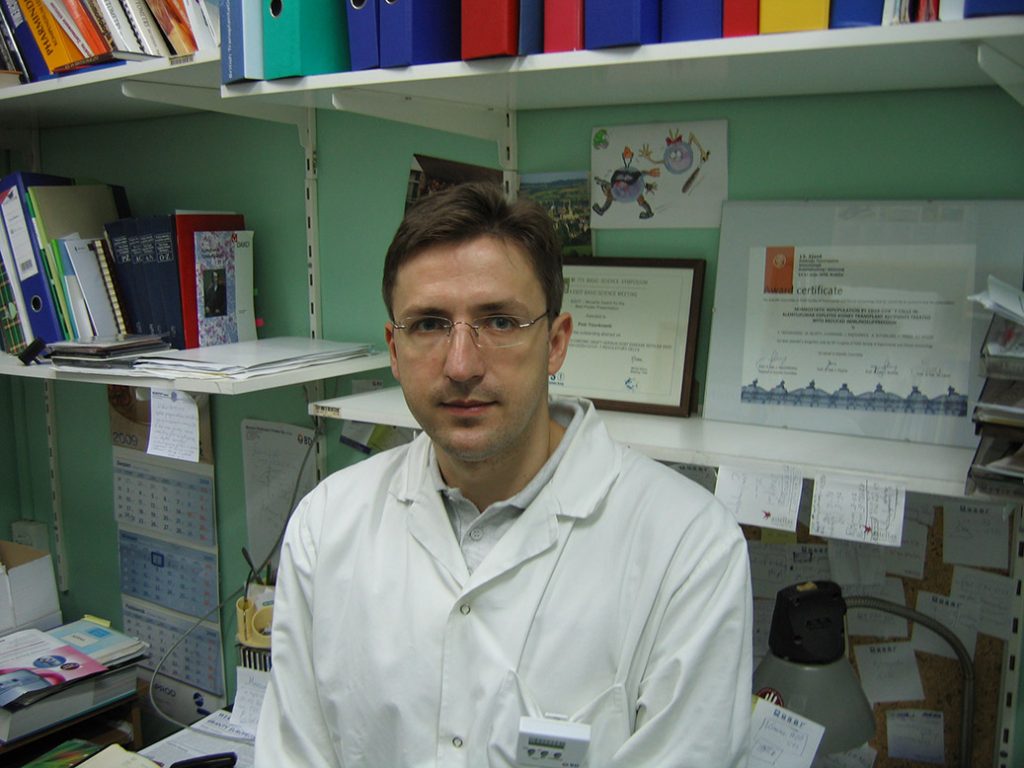 |
Piotr Trzonkowski is actively involved in the clinical research with T regulatory cells for over 20 years. His group developed and applied first-in-man protocols of the treatment with expanded T regulatory cells. The trials have covered graft versus host disease, type 1 diabetes, multiple sclerosis and pancreatic islets allotransplantation. Other research of the group is focused on novel approaches to cellular therapy in autoimmune and malignant diseases in man, synthesis of immunosuppressive small-particle drug candidates and posttransplant laboratory diagnostics in allograft recipients. For these studies, he has been awarded with the Foundation for Polish Science Prize in the life and earth sciences in 2017. |
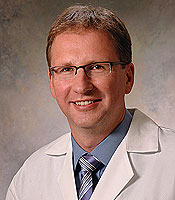 |
Associate Professor of Surgery Director, Pancreatic and Islet Transplant ProgramPiotr Witkowski, MD, PhD, is a leading expert in islet transplantation. He is also highly skilled in kidney, pancreatic, and liver transplantation, including laparoscopic techniques used to procure organs from living kidney donors. Dr. Witkowski also performs islet autotransplantation for patients who need a pancreatectomy.A widely published researcher, Dr. Witkowski has an impressive record of success in both basic science and clinical research pertaining to islet cell and abdominal organ transplants. Among other accomplishments, he was instrumental in developing an optimized islet isolation technique that greatly improved success in clinical transplants. Under Dr. Witkowski’s leadership, multidisciplinary research teams at the University of Chicago are currently conducting several studies skillfully designed to improve quality and outcomes in islet cell transplantation in patients with type 1 diabetes. |
Department of Surgery, University of Chicago, Chicago, IL, USA
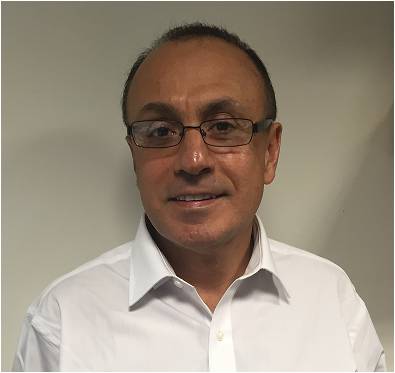 |
Peter (Piotr) Sicinski received his M.D. and Ph.D. degrees from the Warsaw Medical School in Warsaw Poland. He was a visiting scientist at MRC Molecular Neurobiology Unit in Cambridge, UK, prior to becoming a postdoctoral fellow in the laboratory of Dr. Robert A. Weinberg at the Whitehead Institute, MIT, in Cambridge, Massachusetts. Peter joined Harvard Medical School faculty as an assistant Professor in 1997, where he is currently a Professor with tenure at the Department of Genetics at the Harvard Medical School. Peter’s laboratory, located at the Dana-Farber Cancer Institute Investigates cell cycle machinery in development and in cancer. |
Department of Genetics, Harvard Medical School, Department of Cancer Biology, Dana-Farber Cancer Institute, Boston, Massachusetts, USA
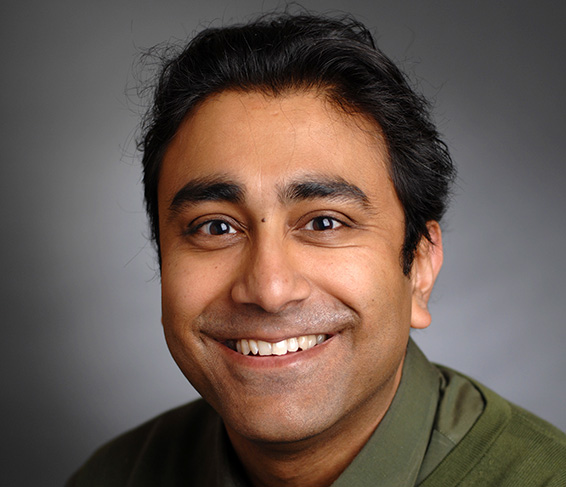 |
Dipanjan Chowdhury, PhD, is an Associate Professor of Medicine at Harvard Medical School, and Chief of the Division of Radiation and Genomic Stability in the Department of Radiation Oncology at Dana-Farber Cancer Institute and Associate Member of Broad Institute of Harvard a MIT. He is the Brigham &Women’s Hospital Distinguished Chair in Radiation Oncology. He is also an Affiliate Faculty Member of the Department of Biochemistry and Molecular Pharmacology and the Department of Immunology at Harvard Medical School. Dr. Chowdhury’s research focuses on deciphering cellular response to DNA damage, particularly DNA double strand breaks, with the goals of generating strategies for personalized radio and chemotherapy, and countering accidental radiation exposure. His work is supported by the NIH and several foundations, including the American Cancer Society, Ann-Fuller Foundation, Tina Brozman Foundation, Claudia Adams Barr program for Innovative Cancer Research and the Leukemia Lymphoma Society. Dr. Chowdhury received his Bachelor of Science in Chemistry from St. Xavier’s College, Kolkata; his Master of Science in Biochemistry from Calcutta University, and his Doctor of Philosophy in Molecular Biology from Brandeis University. |
Department of Radiation Oncology, Division of Radiation and Genome Stability, Dana-Farber Cancer Institute, Harvard Medical School, Boston, MA, USA
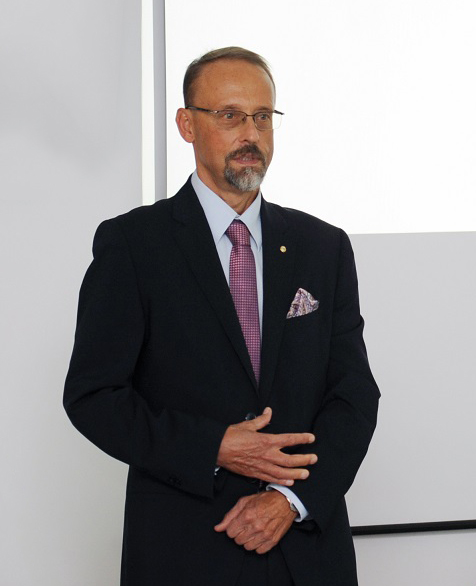 |
Leszek Kaczmarek (b.1957) is professor of neurobiology and head of the Laboratory of Neurobiology at the Nencki Institute of Experimental Biology, the Polish Academy of Sciences (PAS). He is an elected member of PAN (Chair of the Division of Biological Sciences, 2003-2007, and since 2015, a Dean of the Division of Biological and Agriculture Sciences), Academia Europaea (Physiology and Medicine Section Committee member, 2006-2014), European Molecular Biology Organization (EMBO, 2010-2015: member of the Council). He served on the Council of the International Society for Neurochemistry (ISN, 1995-1999), and the Executive Committee of International Brain Research Organization and Chair of the Central and Eastern Europe Regional Committee (CEERC, 2003-2005). He is Polish representative to the European Molecular Biology Conference (EMBC, Vice-President, 2012-2014) and European Molecular Biology Laboratory Council (EMBL). He was a member of the Council of the National Science Centre (NCN), where he chaired the Life Sciences Committee, 2010-2016. He chaired Joint Selection Committee of the Polish-Swiss Research Programme (2011-2016) and was a member of the Joint Programming on the Neurodegenerative Disorders (JPND), as well as Horizon 2020 Advisory Group for the Societal Challenge 1 “Health, demographic change and wellbeing” (2013-2015) and Horizon 2020 Future and Emerging Technologies (FET) Advisory Group (since 2018). He has served on numerous program and organization committees of international scientific meetings and congresses. He has been invited to deliver more than 130 plenary/symposia lectures and almost 300 seminars and other talks worldwide. He was visiting professor at the University of Catania (Italy), McGill University (Montreal, Canada), University of California, Los Angeles (USA). He promoted 41 PhDs, and 21 his former lab members obtained Dr. hab. degree. He published over 240 research papers in renowned journals, cited over 9 000 times. Among his most important scientific discoveries are (i) defining the role of c-Myc protein in the control of the cell cycle (ii) demonstration of gene expression in the brain in mammalian learning; (iii) revealing neuronal apoptosis in the adult brain; (iv) describing the role of matrix metalloproteinases in neuronal plasticity, learning and memory; (v) demonstrating specific role of the central nucleus of the amygdala plasticity in appetitive learning and addiction. He has received several awards for his research achievements, including a prize from the Foundation for Polish Science (2000) and Prime Minister of Poland Award for Life Time Achievements in Science. He was nominated by the Ministry of Science and Higher Education among the top 25 most important events and achievements of Polish science during 1989-2014. |
Department of Molecular and Cellular Neurobiology, Nencki Institute of Experimental Biology, Polish Academy of Sciences, Warsaw, Poland
 |
Agnieszka Chacinska has graduated in Biology, University of Warsaw. In 2000 she has received the doctoral degree in biochemistry at Institute of Biochemistry and Biophysics of Polish Academy of Sciences. From 2001-2009 she has worked at the University of Freiburg as a postdoc and head of a research group. Since 2009 she has been based at the International Institute of Molecular and Cell Biology in Warsaw, Poland, where she was the group leader of the Laboratory of Mitochondrial Biogenesis. In 2014 she was awarded the title of full professor by the President of Republic of Poland. In 2017 Agnieszka Chacinska and her group has moved to the Centre of New Technologies, University of Warsaw, where she is holding the position of Director and a research group leader. Prof. Chacinska is the recipient of multiple awards and prestigious grants, including International Research Agendas programme and Welcome grant of the Foundation for Polish Science as well as Maestro grant of the National Science Center. She is member of The Polish Academy of Sciences and The European Molecular Biology Organization (EMBO).
Professor Chacinska’s interests focus on biogenesis, transport and degradation of mitochondrial proteins and their failure resulting in pathologies. Her research explores links between transport of mitochondrial proteins and cellular protein homeostasis. |
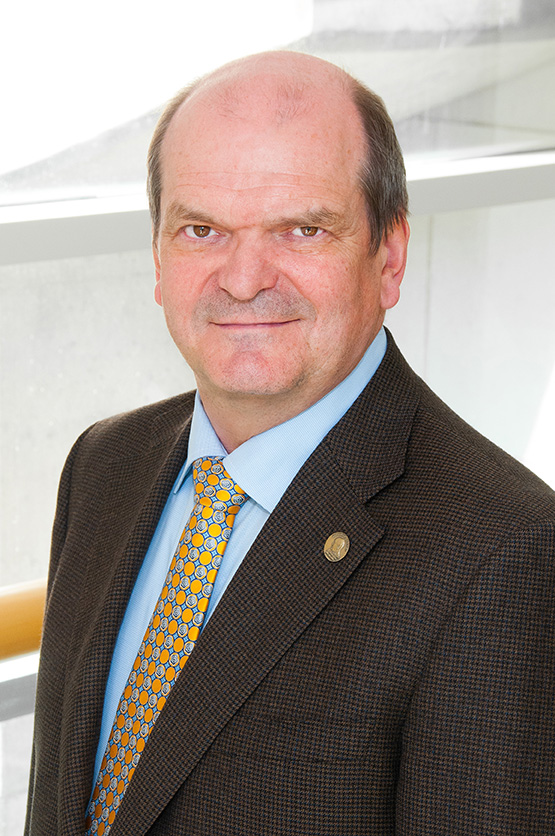 |
Krzysztof Palczewski laboratory made a historic contribution by solving the crystal structure of rhodopsin, which has been cited over 6,000 times. His laboratory employs classical biochemical methods, crystallography, cryo-electron microscopy, cellular cryo-electron tomography, and two-photon microscopy to study phototransduction and visual retinoid cycle to obtain a comprehensive view of the visual system in health and during disease. His recent studies in two-photon functional imaging in the eye, advanced the discovery and validation of treatments that can prevent retinal degenerative diseases. He developed visual chromophore supplementation, detoxification of harmful retinoids, and systems pharmacology toward the treatments of common retinal diseases. His next goal is to move pharmacological approaches beyond preclinical studies in animal models. Dr. Palczewski’s contributions to the chemistry and biology of vision and development of new therapies were recognized with numerous awards, including the ARVO Cogan Award in 1996, the ARVO Friedenwald Award in 2014, Beckman-Argyros Award in Vision Research in 2014, and Distinguished University Professor at CWRU in 2016. His publications (>560) were cited more than 39,000 times. He received M.Sc. in Organic Chemistry from the University of Wroclaw, PhD in Biochemistry from the Wroclaw University of Science and Technology, and then trained in Dr. Paul Hargrave’s laboratory. Dr. Palczewski established his first laboratory in 1992 in Portland, Oregon. He was promoted to a full professor at the University of Washington in 1997. After moving to Cleveland in 2005 to become the Chair of the Department of Pharmacology at Case Western Reserve University he continued productive vision research. |
Discussion panels
“Role of scientist and physician in the era of post-truth”
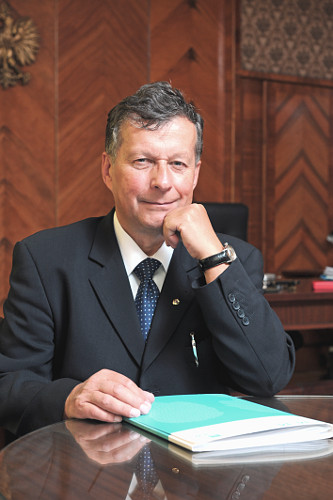 |
Head of Department of Pathophysiology (Lublin Medical University) and Department of Physiopathology (Institute of Rural Medicine in Lublin). Corresponding member of the Polish Academy of Arts and Sciences (Cracow) since 2012 and Polish Academy of Science (Warsaw) since 2013. Member of the Editorial Board of Pharmacology Biochemistry and Behavior (Elsevier) since 1998 and Associate Editor of Neurochemical Research (Springer) since 2015. Past President of the Polish Pharmacological Society. His research is focused on the interactions between antiepileptic drugs for the search of the rational drug combinations for the treatment of drug-resistant epilepsy. He is also involved in studies concerning the effects of ligands affecting various neurotransmitter systems upon the anticonvulsant and neurotoxic activities of antiepileptic drugs. He is an author/co-author of 376 scientific papers (according to PubMed) which so far have been cited 7562 times. His H index is 42 (citations and H index according to Web of Science). He was a chairmen of the Scientific Committee of the International Congress of the Polish Pharmacological Society (held in 2010 in Krynica) and is a main organizer of the yearly Lublin conferences “Progress in Research on Epilepsy and Antiepileptic Drugs”. In 2008, he was awarded a prestigious professor grant “Master” by the Polish Science Foundation. Up till present, under his supervision 40 persons received their doctor’s degrees. Four of them were habilitated and two were awarded professorships. In the Department of Pathophysiology, there are, apart from him, 3 professors and 2 habilitated scientists. |
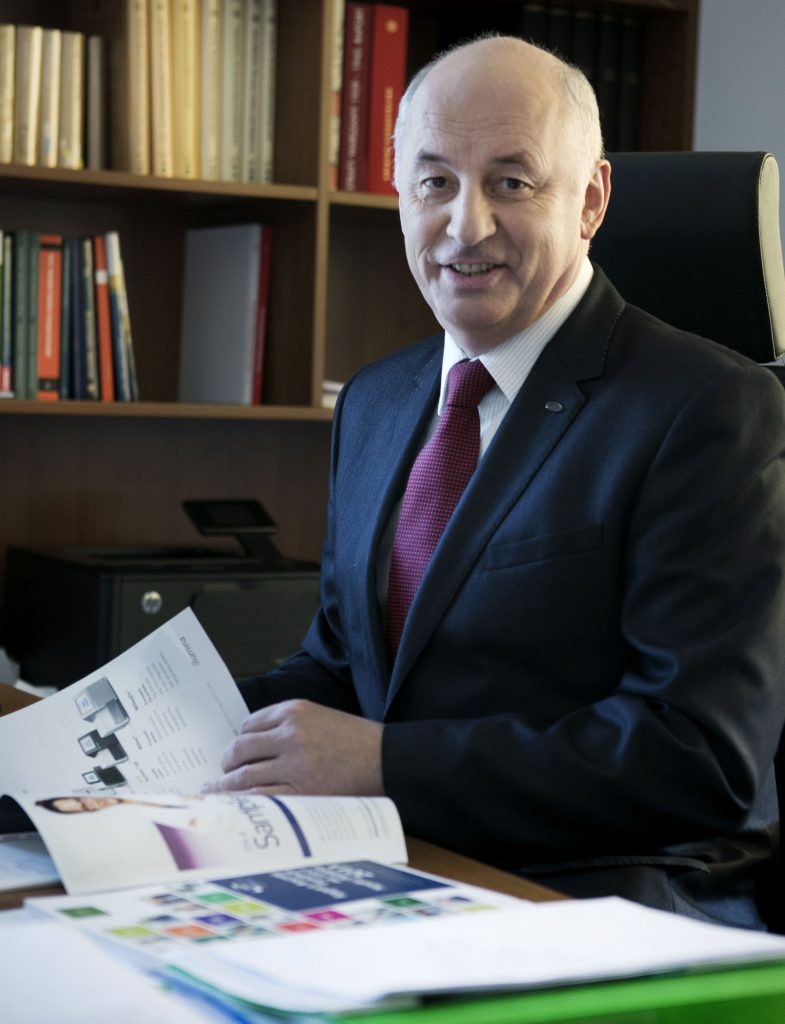 |
Professor Maciej Zylicz was born in 1953 in Gdansk. Studied experimental physics and biology at the University of Gdańsk. In 1980 he completed his doctorate in biochemistry, in 1986 he was awarded his habilitation degree in molecular biology, and in 1992 he was made professor. In 1980-1999 he worked at the University of Gdańsk, where he was vice-rector for science (1990-1993). In 1993-1994 he was a visiting professor at the Institute of Oncology of the University of Utah. In 1999-2016 he was head of the Molecular Biology Department of the International Institute of Molecular and Cell Biology in Warsaw. Among Prof. Żylicz’s interests are the molecular biology of heat shock proteins. He isolated the first heat shock proteins and recognised their role in DNA replication. With colleagues, he has demonstrated that these proteins are also involved in the protection of proteins of other types, dissociation of oligomers and protein aggregates, and proteolysis. Since 2000, he has been investigating the role of heat shock proteins in cell transformation, showing that tumour suppressor protein p53 requires heat shock proteins to work, and that the MDM2 oncogene possesses activity of a chaperone protein. The author of almost 90 scientific works cited in global literature (over 6000 citations), he has supervised 15 doctorates in Poland, while six of his closest colleagues (doctoral and habilitation candidates) have been appointed as professors. Prof. Żylicz is a full member of the Polish Academy of Sciences, member of the German National Academy of Sciences Leopoldina, Academia Europae and the European Cancer Research Academy, and corresponding member of the Polish Academy of Arts and Sciences. In 1997-2000 he was a member of the council of the Polish State Committee for Scientific Research, in 2001-2004 Chairman of the Group for Biological Sciences, Earth and Environment Protection and member of the State Committee for Scientific Research, and in 2001-2002 Chairman of the Base Research Committee there. Currently he is a member of the Senate of the Max Planck Society. He is also a member of the European Molecular Biology Organization (EMBO), and was a member of its Council in 2003-2007, as well as of the Polish Biotechnology Society, Polish Genetics Society, and American Society of Biochemistry and Molecular Biology. In 2008-2010 he chaired the Molecular and Structural Biology and Biochemistry Panel (LS1) of the European Research Council. He also served as the Polish delegate to the European Molecular Biology Conference (2000-2004) and the European Science Foundation (2003-2005). He was a member of the ERC Identification Committee (2010-2013). He was a Voluntary Advisor to the President of the Republic of Poland (2010-2015). Since 2014 is a member of Max Planck Senat. The recipient of the Foundation for Polish Science Prize (1999), the Prime Minister of the Republic of Poland’s Award for Scientific Achievements (2002), as well as honorary doctorates from the University of Wrocław (2007), University of Gdańsk (2011) and Jagiellonian University (2013). Prof. Żylicz was appointed President of the Foundation for Polish Science Executive Board by the Foundation Advisory Board on 20 May 2005. |
 |
Associate Professor of Surgery Director, Pancreatic and Islet Transplant ProgramPiotr Witkowski, MD, PhD, is a leading expert in islet transplantation. He is also highly skilled in kidney, pancreatic, and liver transplantation, including laparoscopic techniques used to procure organs from living kidney donors. Dr. Witkowski also performs islet autotransplantation for patients who need a pancreatectomy.A widely published researcher, Dr. Witkowski has an impressive record of success in both basic science and clinical research pertaining to islet cell and abdominal organ transplants. Among other accomplishments, he was instrumental in developing an optimized islet isolation technique that greatly improved success in clinical transplants. Under Dr. Witkowski’s leadership, multidisciplinary research teams at the University of Chicago are currently conducting several studies skillfully designed to improve quality and outcomes in islet cell transplantation in patients with type 1 diabetes. |
Department of Surgery, University of Chicago, Chicago, IL, USA
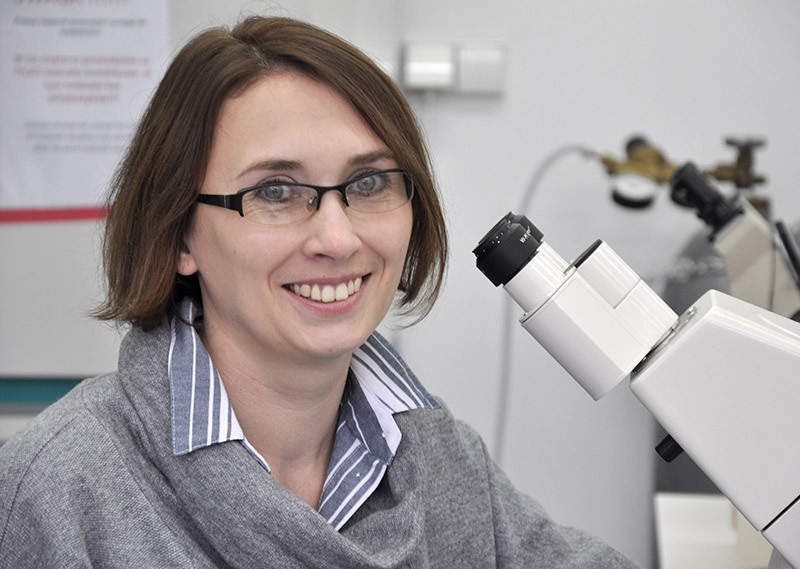 |
Dr Anna Ajduk specializes in mammalian developmental and reproductive biology and works in the Department of Embryology, Faculty of Biology, University of Warsaw. She completed her MSc (2003) and PhD (2007) studies in the same faculty. She also worked abroad in Cardiff University and University of Cambridge (UK) and in the Institute for Biogenesis Research, University of Hawaii (US). For over 15 years Dr Ajduk has worked on fertilization and early embryonic development in mammals, including research aiming at optimization of the assisted reproduction protocols. Recently, she focuses mostly on various aspects of oocyte aging and, in collaboration with physicists, on application of optical coherence microscopy in reproductive biology and medicine. In 2013 her research was awarded Prof. Stefan Pieńkowski Prize for the outstanding achievements in science. She is also a beneficiary of fellowships and grants funded by the Foundation for Polish Science, National Science Centre, National Centre for Research and Development, Schering Foundation and FEBS. Apart from conducting scientific research, Dr Ajduk also participates in outreach initiatives and is an active member of various organisations federating scientists. Since 2012 she has been a member of the Association of the Foundation for Polish Science Scholars (she presided the Association in 2013-2017) and since 2016 – of the Polish Young Academy (chair of the PYA 2017-2019). |
“From bench to bedside and beyond”
 |
Krzysztof Jóźwiak, head of the Department of Biopharmacy at the Medical University of Lublin, Poland, conducts medicinal chemistry projects by combining computational modeling with experimental (affinity and functional efficacy) studies on drugs targeting neuronal receptors. The aim is to develop substances with selective action on a specific subtype of a receptor and/or on a specific intracellular signaling event. Co-author of over 90 research articles, editor and co-author of the book: Drug Stereochemistry: Analytical Methods and Pharmacology (New York, 2012). The Laureate of the 2012 edition of the UCB-Ehrlich Award for Excellence in Medicinal Chemistry granted by the European Federation for Medicinal Chemistry in Berlin, Germany. |
Department of Biopharmacy, Medical University of Lublin, Lublin, Poland
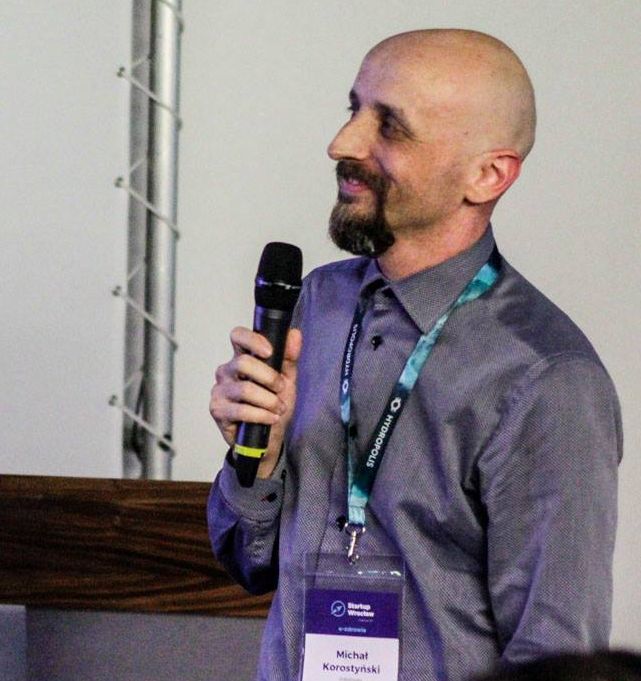 |
Dr. Michal Korostynski specializes in molecular neurobiology and pharmacogenomics and works in the Department of Molecular Neuropharmacology, Institute of Pharmacology PAS. He completed his Ph.D. (2008) studies in the same faculty. His research interests focus on the genomic determinants of psychotropic drugs actions with special emphases on the drug-induced expression of genes in the brain. He was trained and gained his research experience at Max Planck, Munich, Germany and deCODE Genetics, Reykjavík, Iceland. He is an author of 53 publications, including papers in Nature, Genome Biology, Neuropharmacology, Pain, and Glia among others. He is a beneficiary of grants funded by the National Science Centre and National Centre for Research and Development. He is also actively involved in technology transfer and the development of genome informatics startups. |
Department of Molecular Neuropharmacology, Institute of Pharmacology Polish Academy of Sciences, Krakow, Poland
Medical doctor with specialization in adult psychiatry, psychologist and computer scientist. She is a PI in several research grants on the genetic basis of psychotic disorders in relation to immune system and cognitive functions (awarded by Ministry of Science and Higher Education, Foundation of Polish Science, National Science Center). She got additional training in the Institute of Psychiatry (King’s College London), Department of Psychiatry (Charite Medical University of Berlin) and Departments of Radiology, Neuroscience, and Psychology ( Columbia University). She has received numerous national (Wroclaw Medical University Dean’s awards, Foundation for Polish Science awards) and international awards (European Psychiatric Association awards, Maudsley Insitute of Psych iatry awards, European College of Neuropsychopha rmacology awards). Currently she is the Editor of the research topic “Cognitive Function in Schizophrenia: Genetic, Psychopharmacological, Computational, Neural, and Behavioral Studies” for Frontiers in Behavioral Neuroscience journal and research topic “Endophenotypes for schizophrenia and mood disorders: implications from genetic, biochemical, cognitive, behavioral and neuroimaging studies” for Frontiers in Psychiatry journal. She is the board member of the Executive Board – Early Career Psychiatrist Council (ECPC) (initiative of the European Psychiatric Association) -Task Force on Research.
Department of Psychiatry, Wroclaw Medical University, Wroclaw, Poland
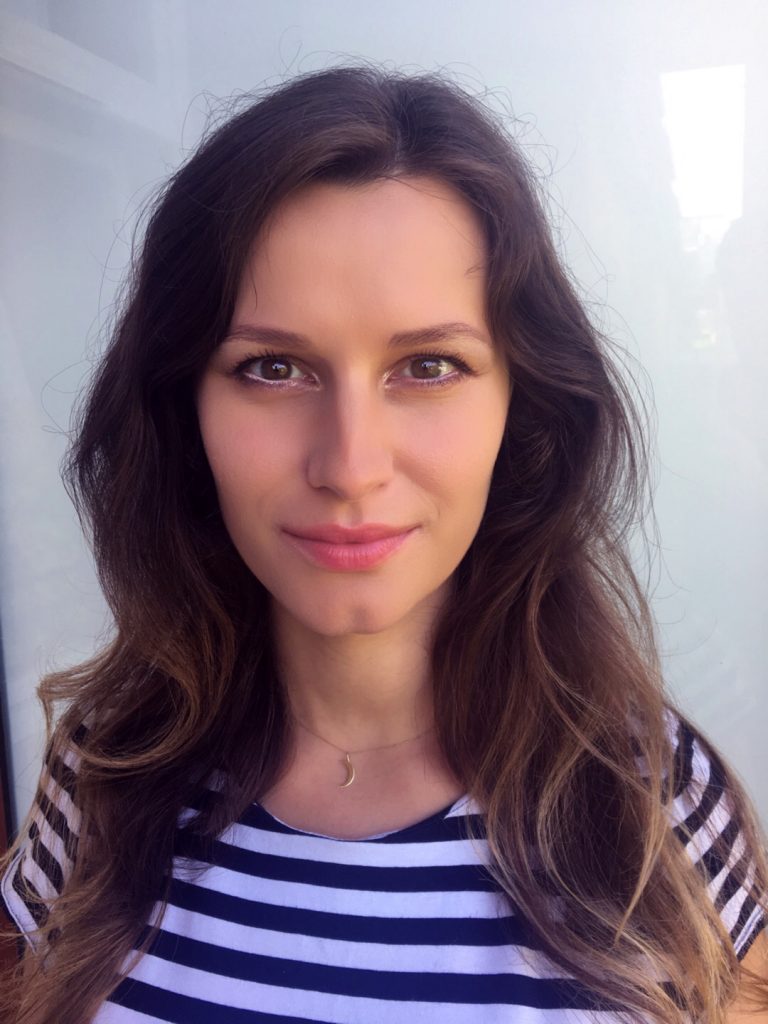 |
Klaudia Szklarczyk-Smolana is a psychologist and a doctor of medical sciences specializing in the molecular underpinnings of stress-related disorders. She received her Ph.D. in 2016 from the Institute of Pharmacology PAS and currently works in the Department of Neurobiology and Neuropsychology, Institute of Applied Psychology at the Jagiellonian University. Her scientific interests include neurobiological psychology, mechanisms of stress coping strategies, and susceptibility to psychiatric disorders. She was a laureate of the FENS Young Investigator Training Programme and an educational grant from the World Federation of Biological Psychiatry. Dr. Szklarczyk is also a co-founder of Intelliseq, which provides bioinformatics solutions for genome interpretation and develops software for genetic applications. On a daily basis, she is a big fan of science popularization and an active member of the Spokesmen of Science Society. As a lecturer and creator of educational materials, she cooperated with the Children’s University Foundation and a scientific project ADAMED SmartUP. |
Department of Neurobiology and Neuropsychology, Institute of Applied Psychology, Jagiellonian University, Poland
“Mentoring and interdisciplinary collaboration”
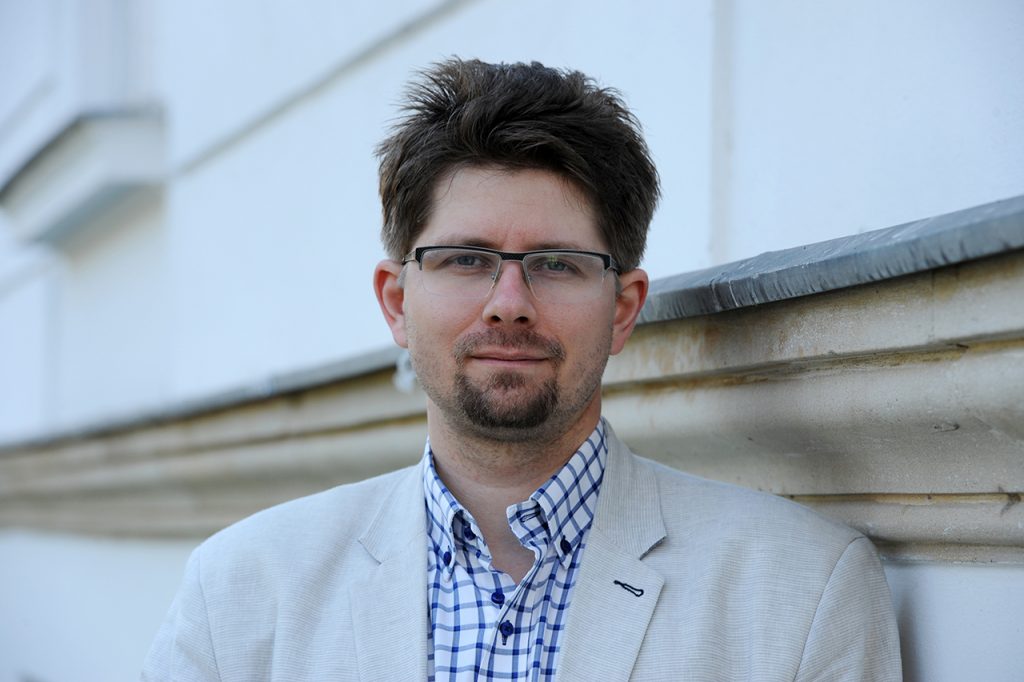 |
Dr Wojciech Fendler was born in 1982 in Lodz. His research interests expanded during medical studies and culminated in the Primus inter Pares award for the best medical student in Poland. After finishing his medical internship (008) he devoted fully to his scientific pursuits working in Professor’s Mlynarski group on monogenic diabetes. Dr Fendler’s PhD thesis (2011) concerned neonatal diabetes caused by mutations of the proinsulin gene. Expanded, nationwide epidemiological study on the matter resulted in the assembly of the most numerous group of patients with monogenic diabetes worldwide, spurring several publications in top diabetological journals and allowing dr Fendler to obtain his habilitation degree in 2013. After setting up his independent scientific group, through the actions of the Mentoring programme of the FNP dr Fendler started a collaboration with the Dana-Farber Cancer Institute in Boston and expanded on his interest in circulating microRNAs. This collaboration resulted in publications in several high ranking journals: Science Translational Medicine (2015, 2017), Nature Communications (2017) and eLife (2017). Right now dr Fendler leads his own research group at the Department of Biostatistics and Translational Medicine funded by the FNP’s First TEAM programme “Predictive biomarkers of radiation toxicity (PBRTox)”. During his scientific career he obtained several prestigious awards for young researchers including two START scholarships, Medtronic-ISPAD Young Investigator Award and the Wierzuchowski’s lecture-award of Diabetes Poland – the highest award for scientific merit granted by this society. |
 |
Dipanjan Chowdhury, PhD, is an Associate Professor of Medicine at Harvard Medical School, and Chief of the Division of Radiation and Genomic Stability in the Department of Radiation Oncology at Dana-Farber Cancer Institute and Associate Member of Broad Institute of Harvard a MIT. He is the Brigham &Women’s Hospital Distinguished Chair in Radiation Oncology. He is also an Affiliate Faculty Member of the Department of Biochemistry and Molecular Pharmacology and the Department of Immunology at Harvard Medical School. Dr. Chowdhury’s research focuses on deciphering cellular response to DNA damage, particularly DNA double strand breaks, with the goals of generating strategies for personalized radio and chemotherapy, and countering accidental radiation exposure. His work is supported by the NIH and several foundations, including the American Cancer Society, Ann-Fuller Foundation, Tina Brozman Foundation, Claudia Adams Barr program for Innovative Cancer Research and the Leukemia Lymphoma Society. Dr. Chowdhury received his Bachelor of Science in Chemistry from St. Xavier’s College, Kolkata; his Master of Science in Biochemistry from Calcutta University, and his Doctor of Philosophy in Molecular Biology from Brandeis University. |
Department of Radiation Oncology, Division of Radiation and Genome Stability, Dana-Farber Cancer Institute, Harvard Medical School, Boston, MA, USA
 |
Krzysztof Jóźwiak, head of the Department of Biopharmacy at the Medical University of Lublin, Poland, conducts medicinal chemistry projects by combining computational modeling with experimental (affinity and functional efficacy) studies on drugs targeting neuronal receptors. The aim is to develop substances with selective action on a specific subtype of a receptor and/or on a specific intracellular signaling event. Co-author of over 90 research articles, editor and co-author of the book: Drug Stereochemistry: Analytical Methods and Pharmacology (New York, 2012). The Laureate of the 2012 edition of the UCB-Ehrlich Award for Excellence in Medicinal Chemistry granted by the European Federation for Medicinal Chemistry in Berlin, Germany. |
Department of Biopharmacy, Medical University of Lublin, Lublin, Poland
 |
Krzysztof Palczewski laboratory made a historic contribution by solving the crystal structure of rhodopsin, which has been cited over 6,000 times. His laboratory employs classical biochemical methods, crystallography, cryo-electron microscopy, cellular cryo-electron tomography, and two-photon microscopy to study phototransduction and visual retinoid cycle to obtain a comprehensive view of the visual system in health and during disease. His recent studies in two-photon functional imaging in the eye, advanced the discovery and validation of treatments that can prevent retinal degenerative diseases. He developed visual chromophore supplementation, detoxification of harmful retinoids, and systems pharmacology toward the treatments of common retinal diseases. His next goal is to move pharmacological approaches beyond preclinical studies in animal models. Dr. Palczewski’s contributions to the chemistry and biology of vision and development of new therapies were recognized with numerous awards, including the ARVO Cogan Award in 1996, the ARVO Friedenwald Award in 2014, Beckman-Argyros Award in Vision Research in 2014, and Distinguished University Professor at CWRU in 2016. His publications (>560) were cited more than 39,000 times. He received M.Sc. in Organic Chemistry from the University of Wroclaw, PhD in Biochemistry from the Wroclaw University of Science and Technology, and then trained in Dr. Paul Hargrave’s laboratory. Dr. Palczewski established his first laboratory in 1992 in Portland, Oregon. He was promoted to a full professor at the University of Washington in 1997. After moving to Cleveland in 2005 to become the Chair of the Department of Pharmacology at Case Western Reserve University he continued productive vision research. |
“How to break the glass ceiling and do not hurt yourself?”
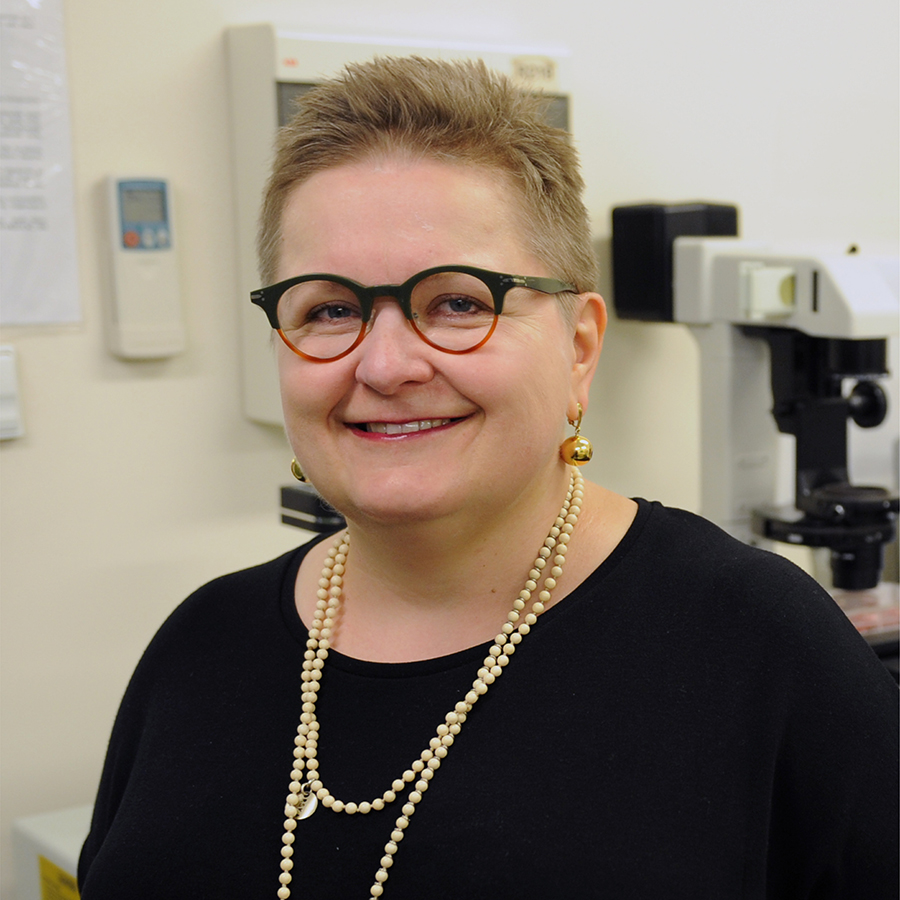 |
Maria Anna Ciemerych-Litwinienko graduated from Faculty of Biology University of Warsaw. Both her MSc (1991) and PhD (1998) projects focused at the regulation of meiotic maturation of oocytes as well as early development of mouse embryos and were supervised by prof. Andrzej K. Tarkowski. During her PhD thesis she participated in many collaborations which allowed her to work at the School of Biological Sciences University of Manchester, Insitut Jacques Monod in Paris, Wellcome/CRC Institute University of Cambridge. Between 1999 and 2002 she was a postdoctoral fellow at Dana Farber Cancer Institute, Harvard Medical School in Boston. Working with Piotr Sicinski she was analyzing the role of cell cycle regulators in mouse development and cancer. In 2006 she received DSc diploma, in 2012 – full professorship nomination. Currently she is a head of the Department of Cytology Faculty and also a deputy dean of Biology University of Warsaw. Her interests focus at the mechanisms of stem cells differentiation and skeletal muscle regeneration. She was a recipient of START fellowship of Foundation for Polish Science (1995), “Stay with Us” fellowship of POLITYKA foundation (2003), and L’Oreal-UNESCO for Woman in Science fellowship (2005). |
Department of Cytology, Institute of Zoology, Faculty of Biology, University of Warsaw
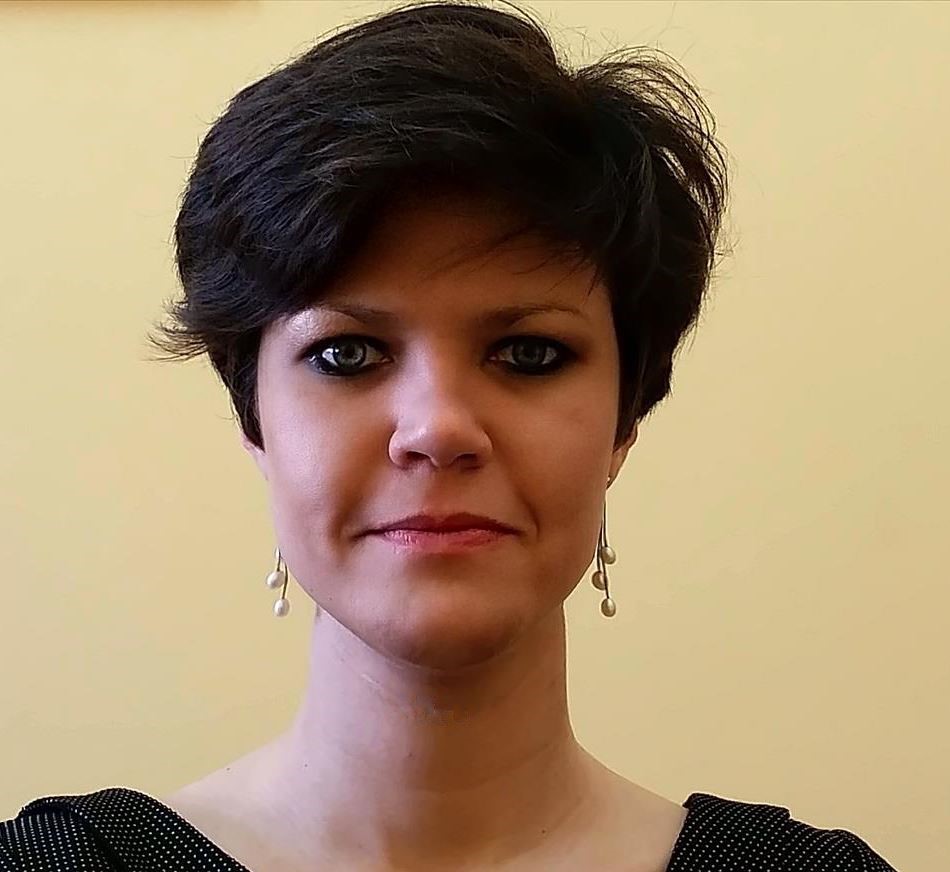 |
Dr. Anna Fabijańska, Ph.D., D.Sc. (born in 1982) is an Associate Professor in computer science at the Institute of Applied Computer Science of the Lodz University of Technology, Poland where she is also holding the position of the Institute’s vice director for the development. She received her master of engineering degree (2006), doctoral degree (2007) and habilitation degree (2013) in computer science from the Faculty of Electrical, Electronic, Computer and Control Engineering of the Lodz University of Technology. She also gained her scientific experience abroad at the University of Kent (UK), Claude Bernard University Lyon 1 (France) and University of Clermont Auvergne (France). Her scientific interests focus on digital image processing and analysis, machine vision and artificial intelligence (especially deep learning). In particular, they concern the development of the dedicated image processing pipelines for computer-aided diagnosis systems and applications of computer vision in various fields of science and industry. She has authored/co-authored over 100 scientific papers which have been cited over 700 times. She was a beneficiary of the Ministry of Science and Higher Education fellowship for outstanding young scientists in the years 2013-2015, a beneficiary of the Foundation for Polish Science (FNP) START fellowship in 2011 and the leader of scientific grants including the project within the framework of the Iuventus Plus programme in the years 2013-2015. Since 2016 she has been the member of The Polish Young Academy of the Polish Academy of Sciences and the member of the Committee on Informatics of the Polish Academy of Sciences. She has also served as an independent reviewer for the Polish National Science Center (NCN), The National Centre for Research and Development (NCBR) and the Netherlands Organisation for Scientific Research (NWO-WOTRO). Recently, she has been supervising 3 Ph.D. students in computer science. |
Faculty of Electrical, Electronic, Computer and Control Engineering, Lodz University of Technology
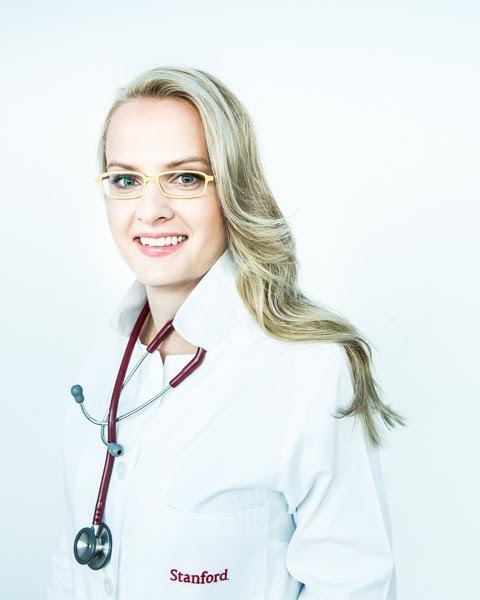 |
Dr hab. n. med. Anna Małgorzata Czarnecka – absolwentka I Wydziału Lekarskiego Warszawskiego Uniwersytetu Medycznego oraz Kolegium Międzywydziałowych Indywidualnych Studiów Matematyczno-Przyrodniczych Uniwersytetu Warszawskiego. Obecnie specjalista onkologii klinicznej w Klinice Nowotworów Tkanek Miękkich, Kości i Czerniaków Centrum Onkologii Instytutu im. M. Skłodowskiej Curie w Warszawie, wcześniej lekarz w Oddziale Onkologii Męskiej Kliniki Onkologii Wojskowego Instytutu Medycznego w Warszawie. Biotechnolog, specjalista biologii molekularnej – wieloletni kierownik zespołów badawczych Laboratorium Onkologii Molekularnej WIM, obecnie także badacz w Zakładzie Farmakologii Doświadczalnej Instytutu Medycyny Doświadczalnej i Klinicznej im. Mirosława Mossakowskiego PAN. Tytuł doktora nauk medycznych w dziedzinie medycyna uzyskała w Centrum Onkologii – Instytucie im. Marii Skłodowskiej – Curie w Warszawie na podstawie rozprawy doktorskiej wykonanej w ramach Studium Medycyny Molekularnej pt.: „Zaburzenia mitochondrialne w procesie nowotworzenia” (Promotor: Prof. dr hab. Ewa Bartnik). Tytuł doktora habilitowanego nauk medycznych w dyscyplinie onkologia uzyskała na Wydziale Lekarskim Gdańskiego Uniwersytetu Medycznego na podstawie cykl publikacji pt.: „Kliniczne i molekularne markery skuteczności leczenia raka nerkowokomórkowego inhibitorami kinaz tyrozynowych”. Ponadto jest absolwentką studiów Zarządzanie innowacją w sektorze zdrowia (Akademia Leona Koźmińskiego, Warszawa) oraz Menedżer innowacji (Szkoła Główna Handlowa, Warszawa). Doświadczenia naukowe zdobywała w Zakładzie Genetyki Uniwersytetu Warszawskiego, Department of Urology Emory School of Medicine (Atlanta, USA), Dipartimento di Medicina Sperimentale Universite degli Studi di Palermo (Palermo, Włochy) Universitätsklinik für Kinder- und Jugendheilkunde, Paracelsus Medizinische Privatuniversität (Salzburg, Austria), Gene Function Research Center National Institute of Advanced Industrial Science and Technology (Ibaraki, Japonia). Laureatka wielu nagród min. TOP500, Junior Faculty Merit Award Międzynarodowego Towarzystwa Onkologii i Biomarkerów, „Kryształków Zwierciadła”, Programów Mentoring i START Fundacji na Rzecz Nauki Polskiej, Supertalentu w medycynie, Stypendium naukowego L’Oreal dla Kobiet i Nauki oraz Towarzystwa Naukowego Warszawskiego, a także stypendium fundacji Goldman Sachs, Kościuszkowskiej i Fulbrighta. |
Maria Sklodowska-Curie Memorial Cancer Center and Institute of Oncology in Warsaw
Mossakowski Medical Research Centre Polish Academy of Sciences
 |
Dr. Anna Fabijańska, Ph.D., D.Sc. (born in 1982) is an Associate Professor in computer science at the Institute of Applied Computer Science of the Lodz University of Technology, Poland where she is also holding the position of the Institute’s vice director for the development. She received her master of engineering degree (2006), doctoral degree (2007) and habilitation degree (2013) in computer science from the Faculty of Electrical, Electronic, Computer and Control Engineering of the Lodz University of Technology. She also gained her scientific experience abroad at the University of Kent (UK), Claude Bernard University Lyon 1 (France) and University of Clermont Auvergne (France). Her scientific interests focus on digital image processing and analysis, machine vision and artificial intelligence (especially deep learning). In particular, they concern the development of the dedicated image processing pipelines for computer-aided diagnosis systems and applications of computer vision in various fields of science and industry. She has authored/co-authored over 100 scientific papers which have been cited over 700 times. She was a beneficiary of the Ministry of Science and Higher Education fellowship for outstanding young scientists in the years 2013-2015, a beneficiary of the Foundation for Polish Science (FNP) START fellowship in 2011 and the leader of scientific grants including the project within the framework of the Iuventus Plus programme in the years 2013-2015. Since 2016 she has been the member of The Polish Young Academy of the Polish Academy of Sciences and the member of the Committee on Informatics of the Polish Academy of Sciences. She has also served as an independent reviewer for the Polish National Science Center (NCN), The National Centre for Research and Development (NCBR) and the Netherlands Organisation for Scientific Research (NWO-WOTRO). Recently, she has been supervising 3 Ph.D. students in computer science. |
Wydział Elektrotechniki, Elektroniki, Informatyki i Automatyki Politechniki Łódzkiej
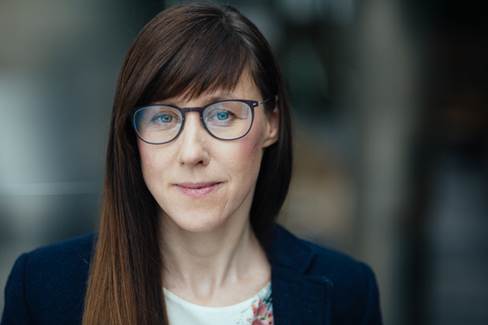 |
Dr hab. Joanna Sułkowska is a head of the “Interdisciplinary laboratory for modeling biological systems” at the Centre of New Technologies at the University of Warsaw. Her MSc. thesis, carried out at the Vrije Universiteit in Amsterdam and defended at the Faculty of Physics at the University of Warsaw in 2003, was devoted to properties of viscoelastic polymers. In 2007 she defended with distinction her doctoral dissertation in the field of biophysics, devoted to the characteristics of mechanical properties of proteins, which was awarded as the best PhD thesis at the Institute of Physics of the Polish Academy of Sciences. In 2016 she obtained her habilitation at the Faculty of Chemistry of the University of Warsaw. For several years, as part of a postdoctoral internship, she worked at the University of California, San Diego. She is an author of over 50 scientific publications, including Nature Structure & MB, JACS, PNAS, PRL. Joanna Sułkowska has been awarded many times for her scientific achievements. She received both Installation Grant and Young Investigator title from the European Molecular Biology Organization (EMBO), as well as grants from the National Science Centre, the Foundation for Polish Science, and the Ministry of Science and Higher Education (currently she conducts research under the Ideas Plus grant). She received the habilitation scholarship “L’Oreal Polska dla Kobiet i Nauki” and the international prize Unesco-L’Oreal ”Rising talent”. She was chosen as a person of the year “MocArty – człowiek roku 2017” by Radio RMF Classic. She was also ranked among the group of 50 brave people and in the initiative Jutronauci by Gazeta Wyborcza in 2017.
For her greatest scientific achievement so far, she considers a discovery and characterization of non-trivial topology in proteins, the determination of mechanisms of their formation and relationships with biological function. The results of her work contribute to understanding of Alzheimer’s and Parkinson’s diseases and obesity. |
CENT UW
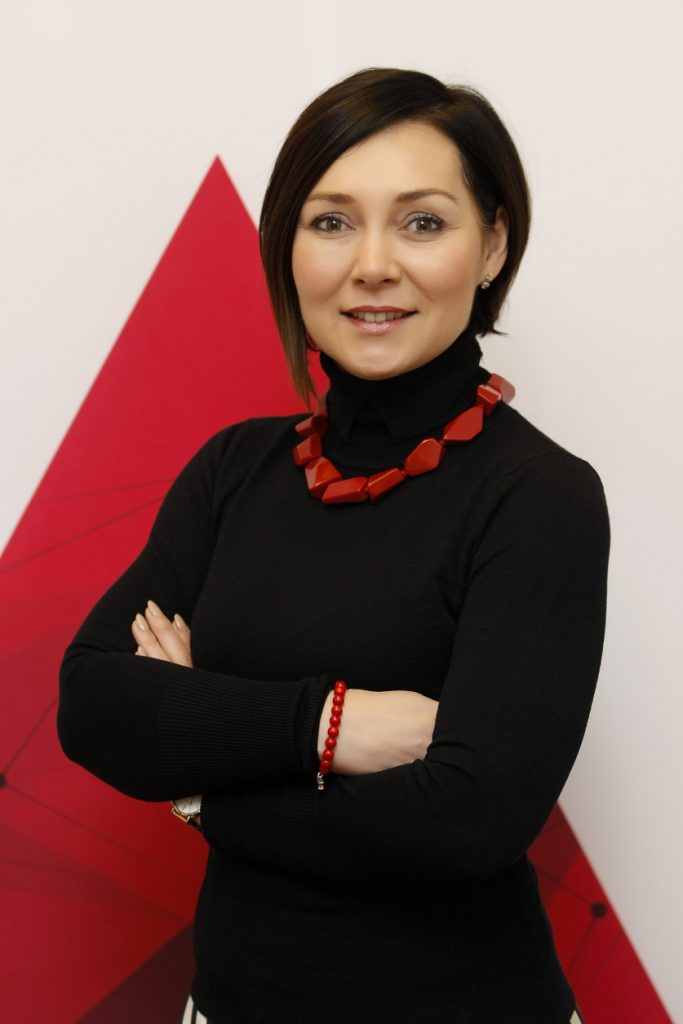 |
Katarzyna Starowicz-Bubak (PhD) is a neuropharmacologist leading a research group based at the Institute of Pharmacology Polish Academy of Sciences (www.if-pan.krakow.pl). Her education includes M.Sc. degree in Biotechnology from the Jagiellonian University (2000), PhD in Pharmacology at the Medical Sciences at the Utrecht University (2005) and Habilitation in Medical Biology at the Faculty of Medicine of the Jagiellonian University Medical College (2013). After receiving a PhD degree, she started a postdoctoral fellowship in Endocannabinoid Research Group under the supervision of prof. Vincenzo Di Marzo. After completing the postdoctoral fellowship, she returned to Poland where she has established and maintained a laboratory focused on understanding of the mechanisms of chronic pain and on the characteristics of endogenous system involved in the transmission of pain stimuli with particular attention to endocannabinoid system. Subsequently, her research interests expanded to include the issue of degenerative joint disease (particularly osteoarthritis, OA) and more recently towards reward and motivation in pain and pain relief. Please visit http://www.painlab.pl for more details and full description of current research interests. |
Instytut Farmakologii PAN
Bioinformatics and Big Data analysis
| Gosia leads the immune genomics group who study how human genetic variation impacts immune system and predisposes to development of autoimmune diseases.
I strongly believe that interdisciplinary approaches are essential to achieve meaningful insights into biological processes. The combination of molecular techniques, genomic assays, and computational methods that we develop and apply to study the immune system is a reflection of my own career path through several disciplines within biology and genetics. With a backround in molecular biology, I became interested in medical and population genetic approaches to study genetic determinants for immune related diseases. I joined Prof. Cisca Wijmenga’s group where I was a co-lead analyst for the genome-wide association study (GWAS) and an Immunochip study for coeliac disease (an immune disease of the small intestine resulting from intolerance to gluten). These studies resulted in identification of tens of disease risk loci and pointed to strong shared genetic backround between celiac disease and a range of other common immune conditions, including type-1 diabetes, rheumatoid arthritis, and inflammatory bowel disease. Despite our great success in mapping disease risk variants, I was disappointed by the limited insights that we gained in understanding biology of complex immune diseases. I therefore carried out my postdoctoral research at Brigham and Women’s Hospital, Harvard Medical School and Broad Institute where I joined Dr. Soumya Raychaudhuri’s and Dr. Robert Plenge’s groups. I invested my time in developing statistical methods that allow translation of GWAS associations into biological functions. By integrating disease-associated variants with functional genomics data, these approaches pointed to specific cell types being relevant in the pathogenesis of numerous complex traits, including immune diseases. My group at the Sanger Institute continuous with experimental and computational efforts to further map and translate immune disease genetic variants to function. Apart from science, I am enthusiastic about photography, and you might frequently find me on my road bicycle or playing volleyball. |
Wellcome Trust Sanger Institute, Wellcome Trust Genome Campus, Cambridge, UK
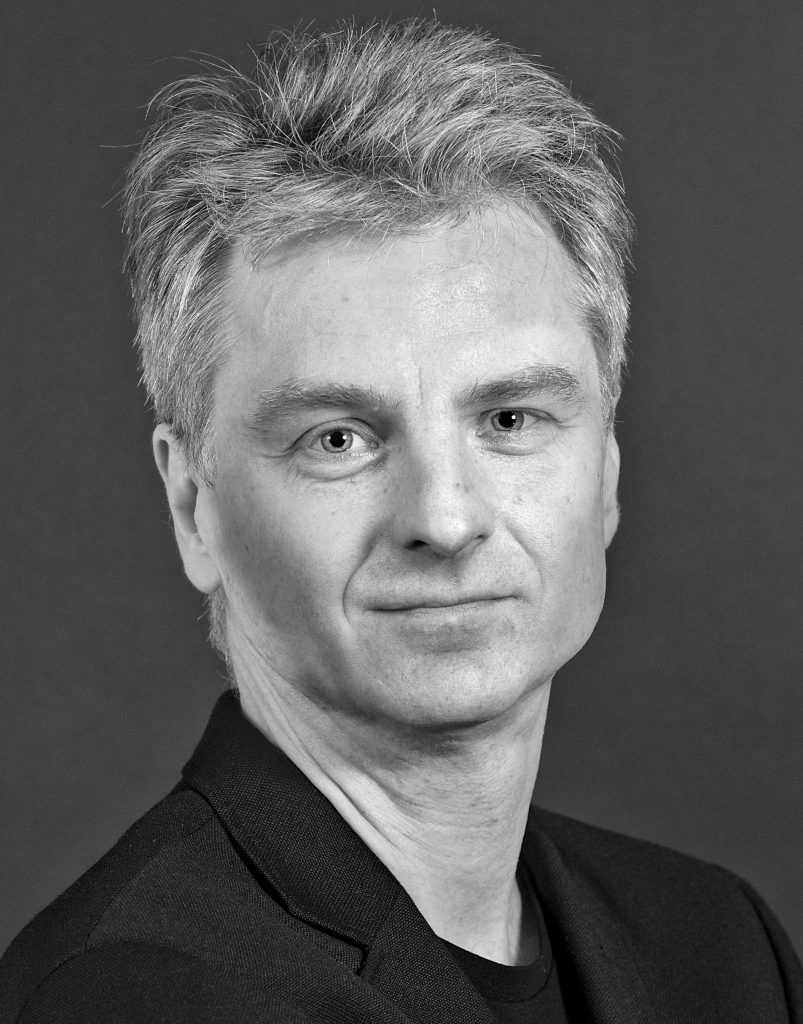 |
Tomasz Burzykowski received a master degree in applied mathematics (1990) from Warsaw University (Poland), and master (1991) and PhD (2001) degrees in biostatistics from Hasselt University (Belgium). He works as Full Professor of Biostatistics & Statistical Bioinformatics at Hasselt University (Belgium) and as Vice-President of Research at the International Drug Development Institute (Belgium). His main areas of expertise include methodology of clinical trials, meta-analysis of clinical trials, validation of surrogate endpoints, survival analysis, and analysis of “omic” data. He is a co-author of numerous papers applying statistical methods to clinical data in different disease areas (oncology, Alzheimer’s disease, ophthalmology, cardiovascular diseases, orthodontics). Tomasz teaches introductory and advanced courses on statistical methodology in various educational programs at the graduate and post-graduate level. He also serves as a statistical consultant for the biotech- and pharmaceutical industry as well as academia. |
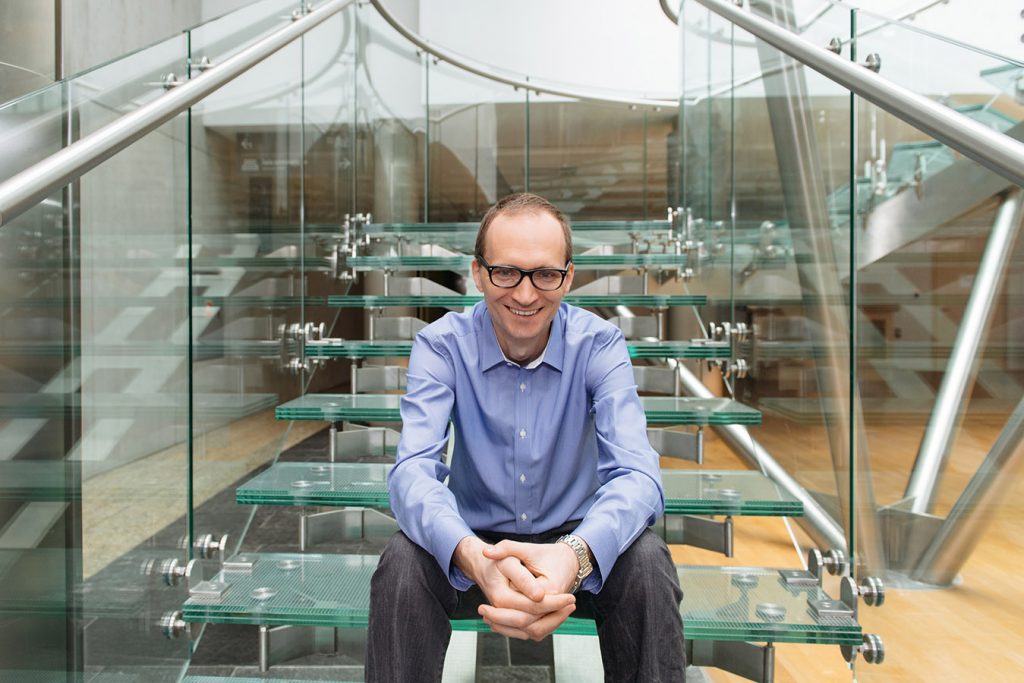 |
Prof. Krystian Jazdzewski, M.D., Ph.D. is a head of interdisciplinary group comprising medical doctors, molecular biologists, and geneticists from Genomic Medicine (Medical University of Warsaw) and the Laboratory of Human Cancer Genetics (Centre of New Technologies, University of Warsaw) in Poland. The group focuses on identifying the molecular changes underlying heritability and pathogenesis of human malignancies. Using the most innovative methods of molecular and genetic analysis, including next-generation sequencing, we seek for mutations that predispose to carcinogenesis. Recently, we started the National Screening Program with the aim to identify all the people predisposed to inherited cancers in whole Polish population. Prof. Jazdzewski has published several papers in peer-reviewed journals, including PNAS, Cell Cycle, JCEM, Thyroid, Human Genetics, Endocrine-Related Cancers, and Clinical Cancer Research with more than 3000 citations. |
Genomic Medicine, Department of General, Transplant, and Liver Surgery, Medical University of Warsaw, Warsaw, Poland
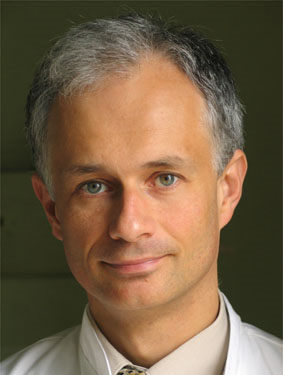 |
Professor of genetics, the Head of Medical Genetics Department of Warsaw Medical University. Graduated Warsaw Medical Academy (1990) and got his PhD at the University of Oslo (1995). Since then prof Płoski worked in HLA Lab of Institute of Rheumatology (Warsaw) and subsequently Genetics Lab of Department of Forensic Medicine of Warsaw Medical Academy. In 2005 he started the Department of Medical Genetics at the Warsaw Medical University and has been its head till now. The main current focus of his activity is whole exome/genome sequencing on Illumina HiSeq 1500 platform for the diagnosis of human monogenic disorders. Apart from diagnostic activity specific research projects involve studies of disease discordant monozygotic twins and search for novel gene-disease associations by mapping of break point regions in symptomatic balanced chromosomal translocations as well as development of novel bioinformatic tools for the analysis of whole exome/genome sequencing data. Prof. Płoski is a specialist in laboratory medical genetics and laboratory forensic genetics; he also serves as an expert witness in human genetics at Regional Court of Justice in Warsaw. Prof Płoski has published > 250 research papers from the area of human genetics which have been cited > 4000 times (Hirsh Index 33). |
Department of Medical Genetics, Medical University of Warsaw, Warsaw, Poland
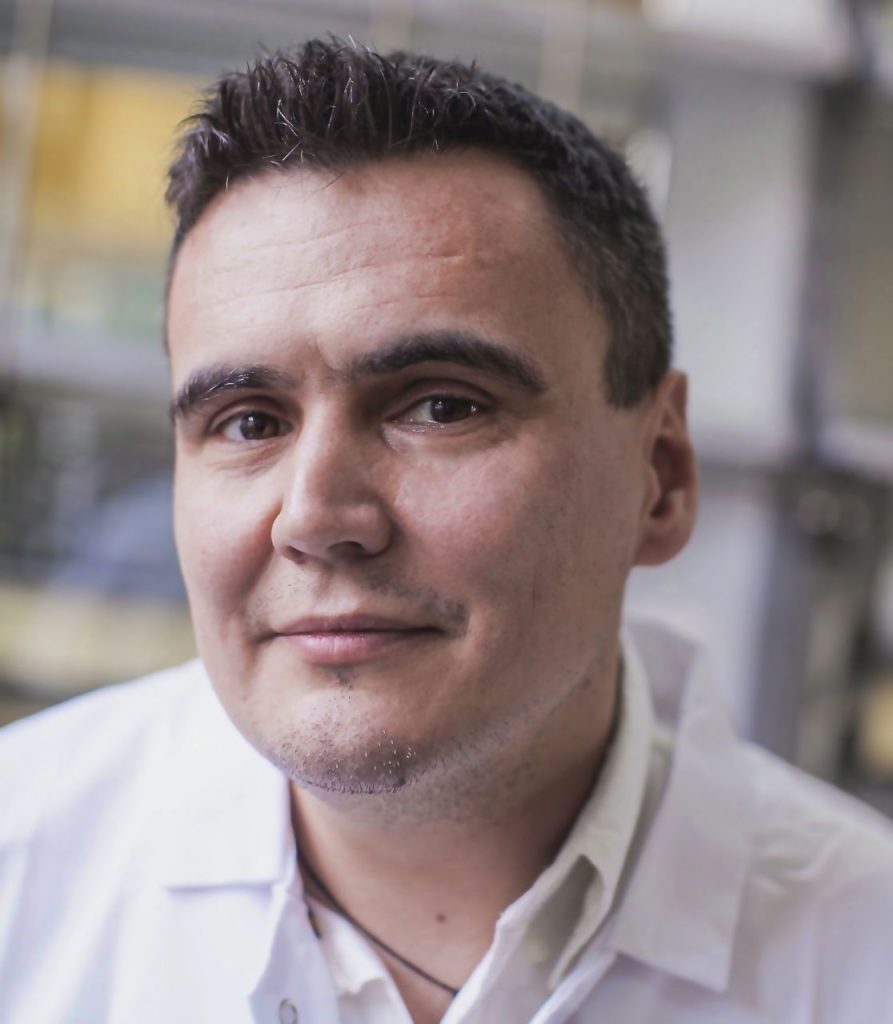 |
Marcin Drąg was born in Świdnica (Poland) in 1975. He earned his M.Sc. degree from Department of Chemistry at University of Wroclaw in 1999. Next, he moved to Department of Chemistry at Wroclaw University of Science and Technology, where he earned his Ph.D. in organic and bioorganic chemistry working on new inhibitors of metallo- ad cysteine proteases under supervision of prof. Pawel Kafarski. His Ph.D. thesis was awarded the best thesis in organic chemistry by Polish Chemical Society and Sigma-Aldrich (2004). In 2003 he was appointed Assistant Professor at Wroclaw University of Science and Technology and shortly after (2004) adjunct position. In years 2005-2008 he conducted postdoctoral research at The Burnham Institute for Medical Research (currently SBP Medical Discovery Institute) in La Jolla, CA (USA) in prof. Guy Salvesen laboratory. In 2011 he received Doctor of Sciences Degree in chemistry (habilitation) for work on new types of combinatorial libraries to investigate proteolytic enzymes. In 2016 he received Professor title in chemistry from President of Poland. Prof. Drag supervised four Ph.D. students (all cum laude) and 4 post-docs. He is an author of more than 100 publications in per-reviewed scientific journals. His research interests in chemical biology include the design and synthesis of substrates, inhibitors and activity-based probes to decipher the mechanism of action and the function of proteases in health and disease with particular focus on use of unnatural amino acids. |
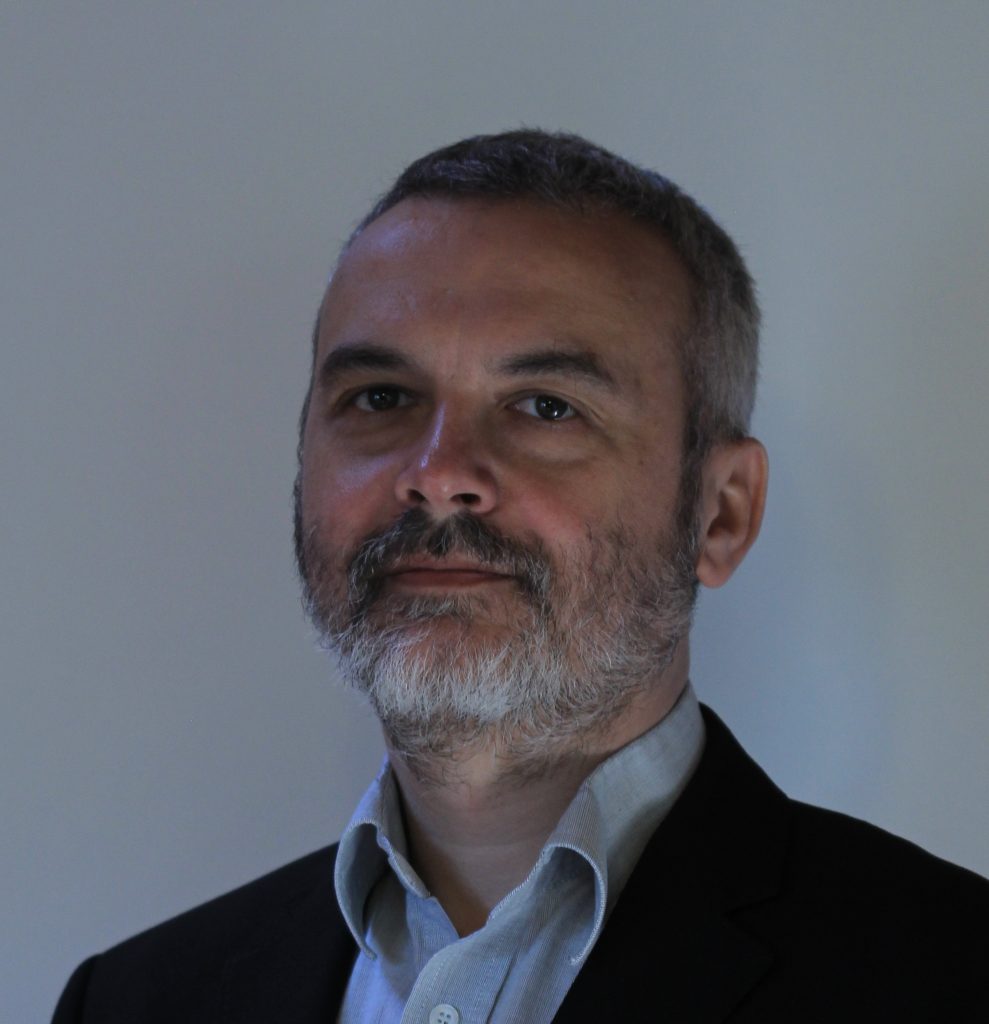 |
Andrzej Bojarski, head of the Department of Medicinal Chemistry at the Institute of Pharmacology of the Polish Academy of Sciences. His research interests are focused on the design and synthesis of ligands of metabotropic G-Protein Coupled Receptors (in particular serotonergic and glutamatergic) and application of different molecular modeling techniques in ligands design, simulation of ligand-receptor interactions and dynamics of L-R complexes. Besides the development of methods and tools supporting drug design, his lab is also one of the most efficient in vitro screening centers for CNS-oriented compounds in Poland. Being involved in a number of national and international projects (e.g. www.platformex.eu, www.cns-platform.eu) and collaborations with both academia and Polish pharmaceutical companies, he has successfully developed a number of innovative drug candidates for the treatment of schizophrenia and depression. Andrzej Bojarski has graduated in Chemistry (Jagiellonian University, Kraków, 1990), obtained PhD (1996), habilitaion (2005) and profesorship (2013) in Pharmaceutical Sciences (Faculty of Pharmacy, Jagiellonian University Medical College). Since 2006 he is a Member of the Board of the Polish Society of Medicinal Chemistry. |
Department of Medicinal Chemistry, Polish Academy of Sciences, Kraków, Poland
Molecular Biology
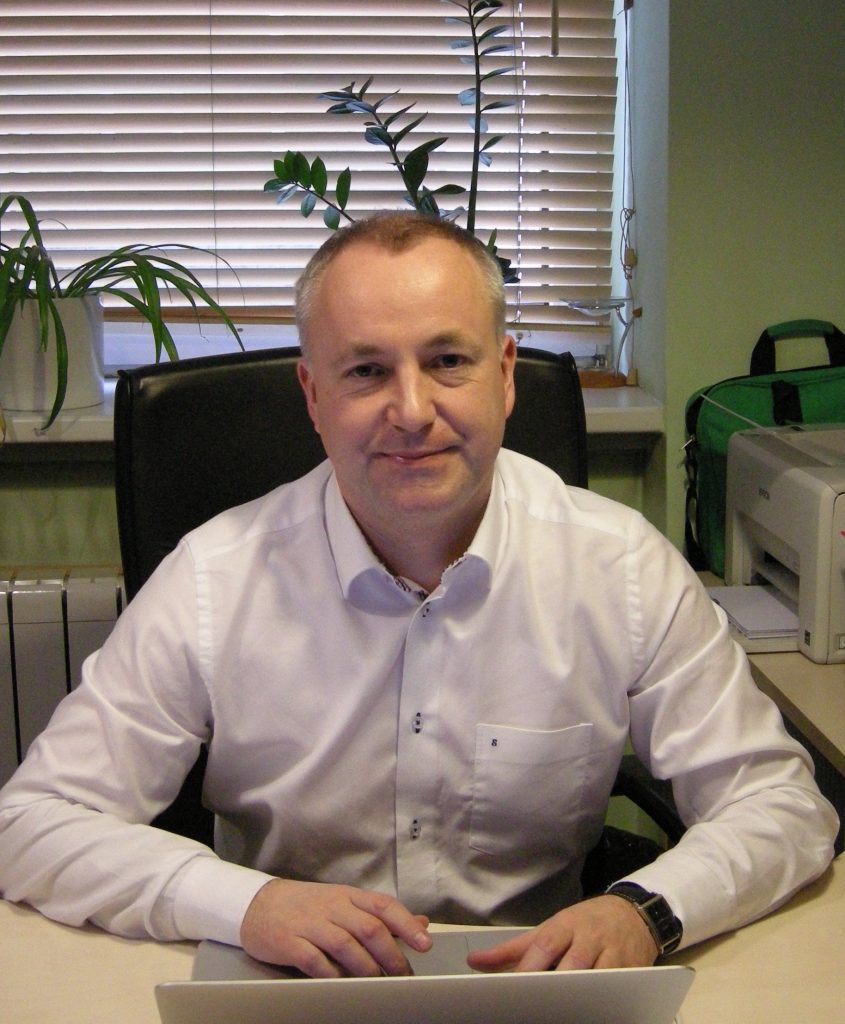 |
Wojciech Mlynarski is a Professor in the Department of Pediatrics, Oncology, Hematology and Diabetology at the Medical University of Łódź, Poland. Hisprimary field of expertise is pediatric oncology and hematology together with some aspects of the monogenic form of diabetes and new technology in medicine. He has also contributed to the description of the genetic background of novel genetic syndromes in paediatrics including monogenic forms od diabetes and SHAM (severe hemophilia and moyamoya) syndrome.
Professor Mlynarski completed his medical training at the Medical University of Łódź in 1996 (MD), and training in molecular biology at the University of Łódź in 1995 (MSc) and followed this with a PhD in biostatistics and genetics in 2000. Between 2002 and 2004 he held a post-doctoral position at the Department of Genetics and Epidemiology, Joslin Diabetes Center, Harvard Medical School, Boston, MA, USA. In 2004-08 he continued his scientific experience as a visiting researcher at the Harvard Medical School. He is a full professor of pediatric oncology and hematology at the Medical University of Lodz, Polandsince 2011. ProfessorMlynarskiis a member of the Polish Society of Pediatric Oncology and Hematology (treasurer since 2016),the Polish Society of Hematology and Transfusiology (Member of Hemostatic Group since 2016), the European Association for the Study of Diabetes, the Steering Committee of the Polish Diabetes Association and, and theInternational Society for Pediatric and Adolescent Diabetes, of which he is also a former advisory board member. He has contributed to over 280 scientific papers (IF>610), mainly focusing on pediatric oncohematology, monogenic disorders and diabetes care, in journals such as the Lancet, Nature Clinical Practice Neurology,Blood, Leukemia, Clincal Cancer Research, Haematologica, Diabetes,Diabetes Care and Diabetologia. |
Department of Pediatrics, Oncology, Hematology and Diabetology, Medical University of Lodz, Lodz, Poland
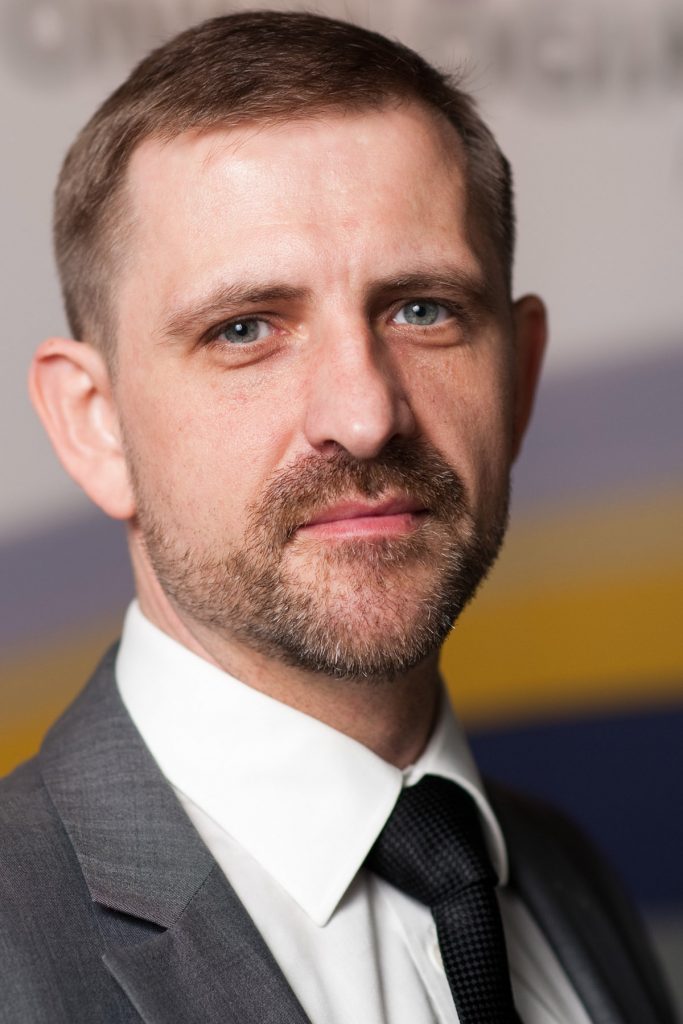 |
Prof. Przemysław Juszczyński, MD PhD was born in Łódź, Poland. He graduated from Medical University of Lodz in 2000 with an MD degree. In 2001 he trained at the Dept. of Hematology and Hematologic Malignancies Diagnostic Services, Leeds General Infirmary, Leeds, UK. In 2002 he defended his dissertation and obtained PhD degree. His work was recognized and awarded by the START fellowship from Foundation for Polish Science. Right afterwards, he received ICRETT fellowship from International Union Against Cancer (Geneva, Switzerland) and KOLUMB fellowship from Foundation for Polish Science and in August 2003 began his postdoctoral training at the Dana Farber Cancer Institute, Harvard Medical School, Boston, MA in prof. Margaret Shipp laboratory. He completed multiple bioinformatic courses at the Whitehead Institute for Biomedical Research, Massachusetts Institute of Technology, Cambridge, MA. In 2006 he joined Harvard Medical School junior faculty as an Instructor in Medicine. In 2010, he joined the Institute of Hematology and Transfusion Medicine, where he obtained DSc (habilitation) degree and was appointed as associate professor. Since 2011 he is the Scientific Director of the Institute. Przemek’s studies are focused on the pathogenesis and targeted therapies of lymphoid malignancies. He has supervised numerous grants, including Polish National Science Center, Foundation for Polish Science, Leukemia &Lymphoma Society of America and mentored several PhD students, who are now succesfull postdocs at best universities. In 2017, he received full professor nomination. In his spare time he enjoys motorcycle journeys, photography and conversations with his daughters. |
Department of Experimental Hematology, Institute of Hematology and Transfusion Medicine, Warsaw, Poland
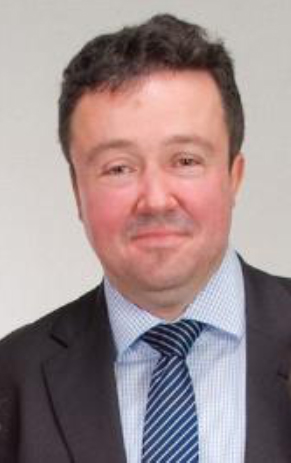 |
Tomasz Stoklosa was born in 1970 in Puławy. He graduated in medicine at the Medical University of Warsaw (MUW) and received his doctoral degree in 2000. He works as an assistant professor in the Department of Immunology at MUW. He completed his postdoctoral research at Temple University in Philadelphia – he was awarded with Oncology Research Faculty Development Program Fellowship from the National Cancer Institute. He received several awards of Ministry of Health and Social Welfare in Poland and the Rector of MUW. In 2008 he received The Tomasz Jakub Michalski Foundation award for young scientific researchers whose work helps advance the fight against cancer and in 2009 UICC Yamagiwa-Yoshida Memorial International Cancer Study Grant for a short-term project related to hematology and drug resistance in leukemia. Currently, he is a team leader and principal investigator in two NCN-funded grants (HARMONIA and OPUS) focused on molecular mechanisms of progression and genomic instability in leukemia. His publication track includes original publications in such journals as Blood, Cancer Research, Journal of Clinical Investigation, Leukemia and others with more than 2000 citations. He actively collaborates with several genetical laboratories and clinical hematology departments in Poland and abroad. He is a member of the Polish Society of Hematology and Blood Transfusion, American Society of Hematology and the European Hematology Association. He has served as an independent reviewer and panel expert for the Ministry of Science and Higher Education, Polish National Science Center and foreign grant agencies. His research is focused on hematooncology and pharmacogenetics, employing modern genetic tools. |
Department of Immunology, Medical University of Warsaw, Warsaw, Poland
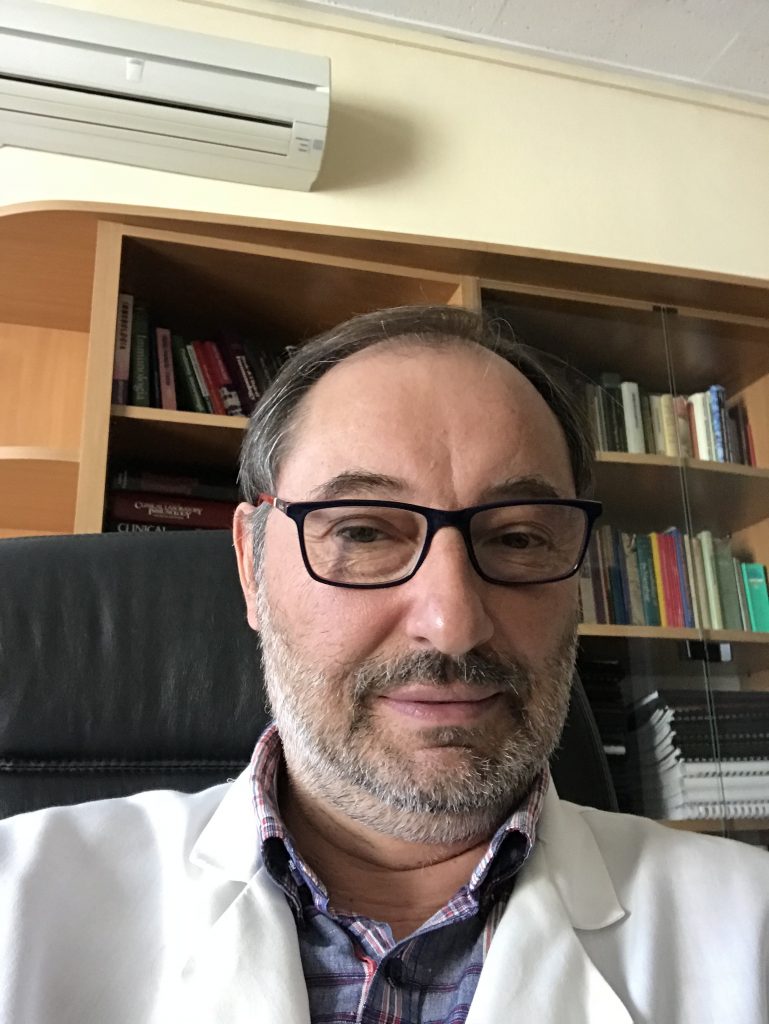 |
Dr. Jarosław Baran, Ph.D., D.Sc. is an Associate Professor at the Department of Clinical Immunology, Institute of Paediatrics, Faculty of Medicine, Jagiellonian University Medical College in Krakow and is the head of the Laboratory of Immunological Diagnostics at the University Children’s Hospital in Krakow. He majored in Laboratory Medicine and received his MSc degree from the Jagiellonian University Medical College. He started his research career under the mentorship of Prof. Juliusz Pryjma and in 1994 obtained his Ph.D. in immunology. At that time, Dr. Baran was one of the pioneers of FACS analysis and sorting in Poland. He was trained and gained his research experience at Forschungszentrum Borstel, Germany and Brown Cancer Center, University of Louisville, Kentucky. In 2010 he obtained his D.Sc. (habilitation) degree from medical sciences. He is an author/co-author of 72 publications, including papers in Blood, Cancer Research, Journal of Immunology and Cancer Immunology Immunotherapy, among others (H index=18, citations number>1700). His research interests focus on tumor immunology with special emphases on tumor derived extracellular vesicles, tumor immunotherapy and role of monocytes/macrophages in tumor development and tumor eradication. Currently, Dr. Baran is working on the use of genetically modified lactic acid bacteria and their potential use in colon cancer immunotherapy. Dr. Baran is supervising 4 Ph.D. students and is involved in several ongoing international collaborations, including those supported by EU H2020 Programmes – COST (“Mye-EUNITER”) and RISE (“CHARMED”, CANCER”) actions. He acts as an expert for National Science Centre in Poland, European Commission (FP7 and H2020) and Foundation for Science and Technology (FCT) in Portugal. |
Department of Clinical Immunology, Institute of Paediatrics, Faculty of Medicine, Jagiellonian University Medical College, Krakow, Poland
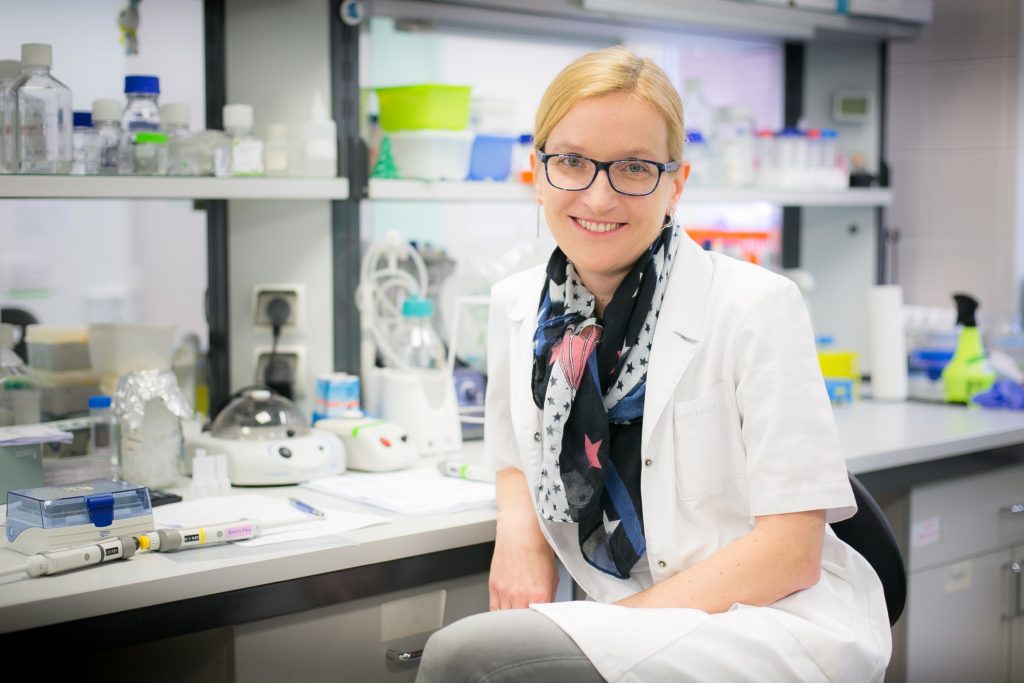 |
Professor Dominika Nowis, M.D., Ph.D. works at the Department of Genomic Medicine, Medical University of Warsaw and runs her own research group in the Laboratory of Experimental Medicine, Center of New Technologies, University of Warsaw, Poland. She graduated with honors from the 2nd Medical Faculty of the Medical University of Warsaw in 2003. In 2005 she defended with honors her Ph.D. thesis on targeting cytoprotective mechanisms induced in cancer cells exposed to the photodynamic therapy. From 2005 till 2014 she worked at the Department of Immunology, Medical University of Warsaw, first under the supervision on Prof. Marek Jakobisiak, next – Prof. Jakub Golab. In 2011 she obtained her D.Sc. (habilitation) for the cycle of publications on the mechanisms of intracellular protein degradation and their role in the development of human pathologies. In 2016 she got the professor title from the President of the Republic of Poland. Prof. Nowis gained her research experience at Dana-Farber Cancer Institute, Boston, USA, MRC Weatherall Institute of Molecular Medicine, Oxford University, Oxford, UK, University College Dublin, Ireland, Indiana University School of Medicine, USA and University of Verona, Italy. She is an author or co-author of over 70 publications published in internationally recognized scientific journals such as Nature Comm, PLoS Medicine, Am J Pathol, Blood, Oncogene, Cancer Res, CA: Cancer Journal for Clinicians, Clin Cancer Res. Her publications have already been cited over 2500 times, her H-index equals 22. For her scientific achievements Prof. Nowis has been awarded with the Prime Minister of the Republic of Poland habilitation award, Ministry of Science and Higher Education 3-year fellowship for outstanding young researchers, L’Oreal Poland for Women and Science Ph.D. fellowship, Foundation for Polish Science START fellowship, and POLITYKA weekly journal “Stay with us” scientific award among many others. In 2012 Prof. Nowis was awarded with 3rd place in the first „Super-talents in medicine” contest. She was a member of the first Young Researcher Council in the Ministry of Science and Higher Education. Prof. Nowis considers as her major scientific achievements the discovery of the cardiotoxic effects of the proteasome inhibitors as well as statin-dependent decreased glucose uptake by cancer cells and cells involved in carbohydrates homeostasis. For the past few years she has been working on the development of research techniques to study antitumor immune responses and finally settled in the field of oncoimmunology. Prof. Nowis finds passion in teaching. Till 2018 Prof. Nowis has supervised 7 successfully defended Ph.D. theses. For over 15 years she teaches the complete course of immunology to the medical students. Her (very little) spare time Prof. Nowis spends with her family (husband Jakub and daughter Lena) taking hundreds (not thousands!) of pictures. |
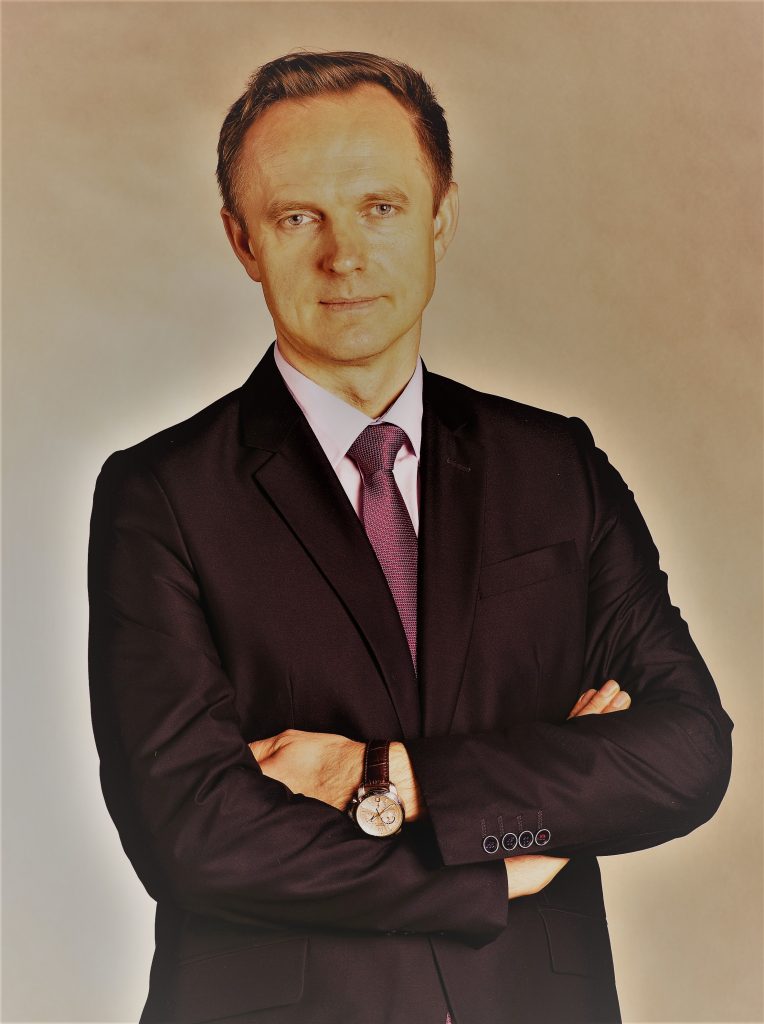 |
Following graduation from medical faculty, prof. Moniuszko has been extensively trained abroad (e.g. at National Cancer Institute, NIH, Betehsda, USA). He has been awarded with numerous prizes (e.g. “Polityka” Award, Foundation for Polish Science). Since 2004 he has been working at Department of Allergology and Internal Medicine. In 2012 he became a head of newly created Department of Regenerative Medicine and Immune Regulation. He is a Vice-Rector for Science at Medical University of Bialystok wherein the studies on development of personalized diagnostics and therapy have been conducted for last couple of years (e.g. first-in-world study on personalized diagnostics and therapy of lung cancer patients). It has been achieved (among others) by innovative international PhD studies in biomedicine and biostatistics created by prof. Moniuszko that are funded by grants from H2020 program and Ministry of Science and Higher Education. |
Department of Regenerative Medicine and Immune Regulation, Medical University of Bialystok, Poland
Translational Neuroscience
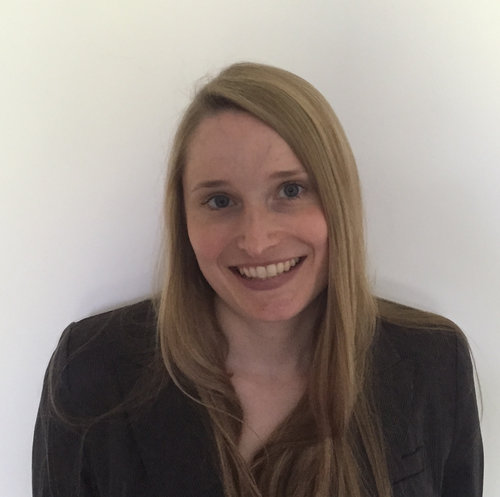 |
Fanziska Denk is a lecturer at King’s College London, where she works on the potential link between epigenetic mechanisms and the development of chronic pain. Does epigenetics make certain individuals more vulnerable to pain or prolong their pain? To address these questions, Franziska uses transgenic mouse models and high-throughput molecular analyses, such as RNA-seq and ChIP-seq, on sorted cell populations. Franziska studied Experimental Psychology at the University of Oxford and completed her DPhil there in 2009. She has been the recipient of an IASP Early Career Research Grant in 2014, an EFIC-Grühnenthal Grant in 2015, and an MRC New Investigator Research Grant in 2017. She is also part of an IMI2-funded consortium investigating neuron-glia interactions in chronic pain (NGN-PET). https://www.franziskadenk.com/ |
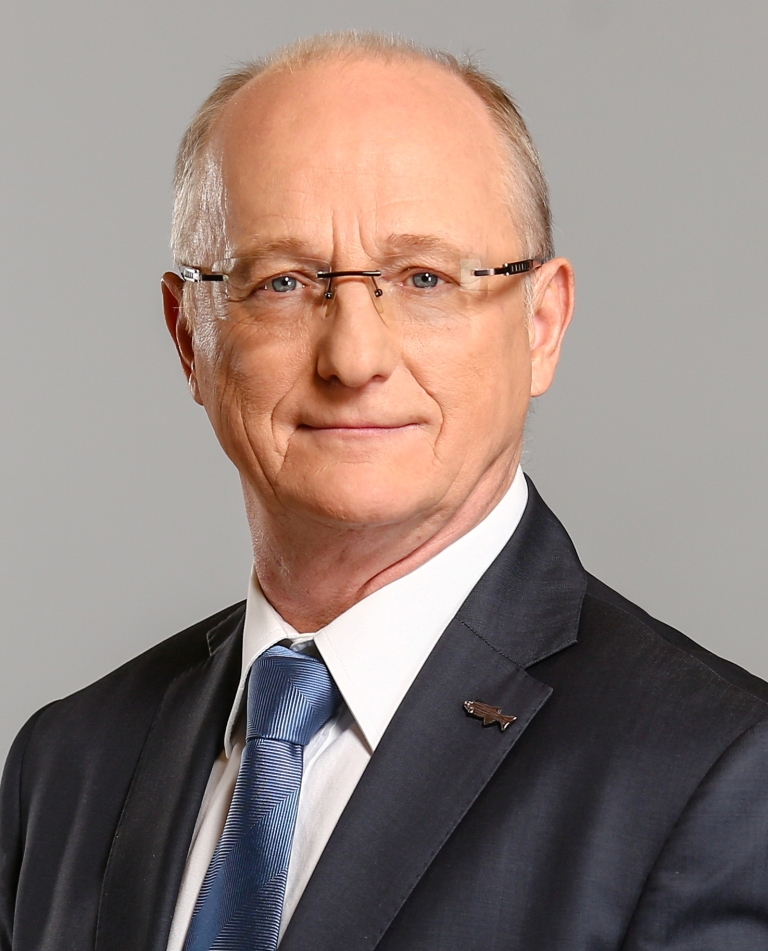 |
b.1952; Director of the International Institute of Molecular and Cell Biology (IIMCB) in Warsaw (2001-2018); Head of the Laboratory of Neurodegeneration in IIMCB (2001-present); corresponding member of the Polish Academy of Sciences (since 2004); Awarded with the Officer’s and Knight’s Crosses of the Order of Polonia Restituta (2008, 1998). Leader of national and international research projects, i.e. in FP7: FishMed, HEALTH-PROT, COMBIOM, ERA-NET NEURON – NeuConnect, ERA-NET RUS – TargetSOCE, in FP6: PROMEMORIA, APOPIS, and in FP5: Director of Centre of Excellence in Molecular Biomedicine. Research interests: zebrafish as a model of neurodegenerative diseases, calcium homeostasis and signaling, Alzheimer’s, Parkinson’s, and Huntington’s diseases, aging and longevity. Author of over 120 publications in journals from JCR list; H-index=36. |
Laboratory of Neurodegeneration, International Institute of Molecular and Cell Biology, Warsaw, Poland
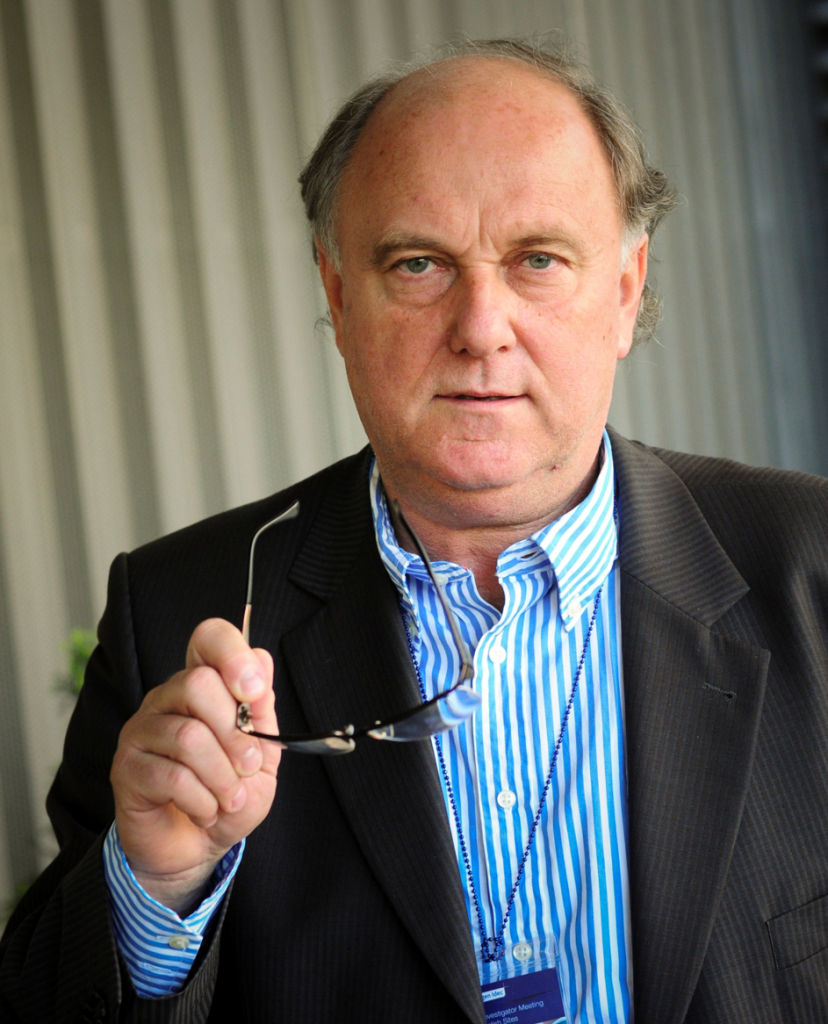 |
Dr. Selmaj is Professor of Neurology, Chair of Department of Neurology, University Warmia and Mazury, Director of Neurology Center in Lodz and a Visiting Associate Professor at Albert Einstein College of Medicine, New York. He obtained the Ph.D. degree in neurology in 1983 and habilitation in 1986. Dr. Selmaj received training in neurology and neuroimmunology at the Charing Cross and Westminster Medical School, University of London, and then as an Advanced Postdoctoral Fellow of National Multiple Sclerosis Society at Albert Einstein College of Medicine, New York, where he worked between 1987 and 1993. Dr. Selmaj has been elected to serve as a vice-President of the European Federation of Neurological Societies (EFNS) in 1999-2005 and a member of International Advisory Board of the International Society for Neuroimmunology. He has served as President of the Polish Neurological Society 2008-2011, and was elected to the Executive Boards of European Committee for Treatment and Research into Multiple Sclerosis (ECTRIMS) and European Charcot Foundation. Prof. Selmaj was awarded with numerous research prizes including the research prize of the Polish Science Foundation in 1994. He has served for the editorial boards for European Journal of Neurology, Journal of Neuroimmunology, Multiple Sclerosis and other Demyelinating Disorders, Archivum Immunologiae et Therapiae Experimentalis and Polish Neurology and Neurosurgery. Prof. Selmaj is a neurologist, clinical scientist and researcher. His research activity considers investigations in neurology, neurobiology and neuroimmunology with a particular interest in mechanisms of demyelination and treatment of multiple sclerosis. He published over 250 papers in the field of neurology and immunology with 15381 citation (Hirsh, 53) |
Department of Neurology, Medical University of Łódź, Łódź, Poland
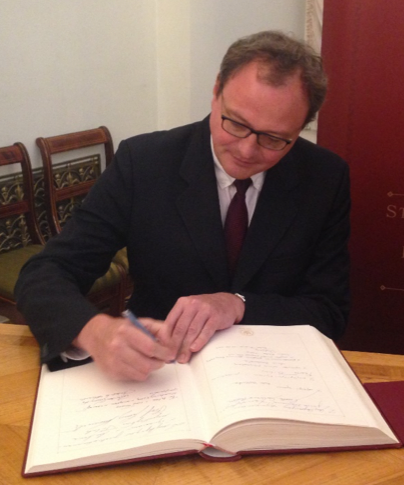 |
Marcin Mycko is a Professor of Neurology, that will direct a Department of Neurology, University Warmia and Mazury from October 2018. He obtained the M.D. degree in 1994, Ph.D. degree in Neurology in 1999, habilitation in 2009 and professorship in 2018. Prof. Mycko received trainings in neurology, immunology and molecular biology at the Center for Neurologic Diseases, Harvard Institutes of Medicine, Boston, Massachusetts, USA, Serono Research Institute, Geneva, Switzerland, Laboratory of Developmental Immunology, Ludwig Institute for Cancer Research, Lausanne-Epalinges, Switzerland, Department of Neurology, Ruhr-University Bochum, St. Josef-Hospital, Bochum, Germany and Cold Spring Harbor Laboratory, USA. He has been elected a Member of European Committee for Treatment and Research in Multiple Sclerosis Council from 2009-2012 and from 2016 till 2019. Prof. Mycko served for the editorial board of Polish Journal of Neurology and Neurosurgery and currently is an editorial board member of Current Research in Neurology and Neurosurgery. Prof. Mycko was awarded with numerous research prizes including the Polish Science Foundation Award for Young Investigators in 2001, Polish Neurological Society Award (J. Babinski Award) in 2002, Polish Academy of Sciences Award (Sniadecki Award) in 2003, Scientific Award of the International Society of Neuroimmunology in 2004, Polish Academy of Sciences Young Investigator Award in 2005, POLITYKA Journal Scientific Award Scholarship in 2005, Polish Neuroscience Society Award (Jerzy Konorski Award) in 2013, Polish Academy of Sciences Medical Division Award in 2015, Medical University of Lodz Rector1st Degree Scientific Award in 2016. He has also been a laureate of the Scientific Scholarship of European Federation of Neurological Societies and laureate of the Scientific Scholarship of European Committee for Treatment and Research in Multiple Sclerosis. Prof. Mycko scientific interest is dedicated to the neuroimmunology research, especially the investigation of the immune and nervous system interactions leading to the autoimmune demyelination. He published as a leading author and coauthor a number of original publications in the journals like Nature, Proceedings of the National Academy of Sciences U S A, Brain, Annals of Neurology, Neurology, Journal of Immunology, Journal of Neurosciences, Mucosal Immunology. His publications have been cited more than 2900 times with a current H index=20. |
Department of Neurology, University Warmia and Mazury, Poland
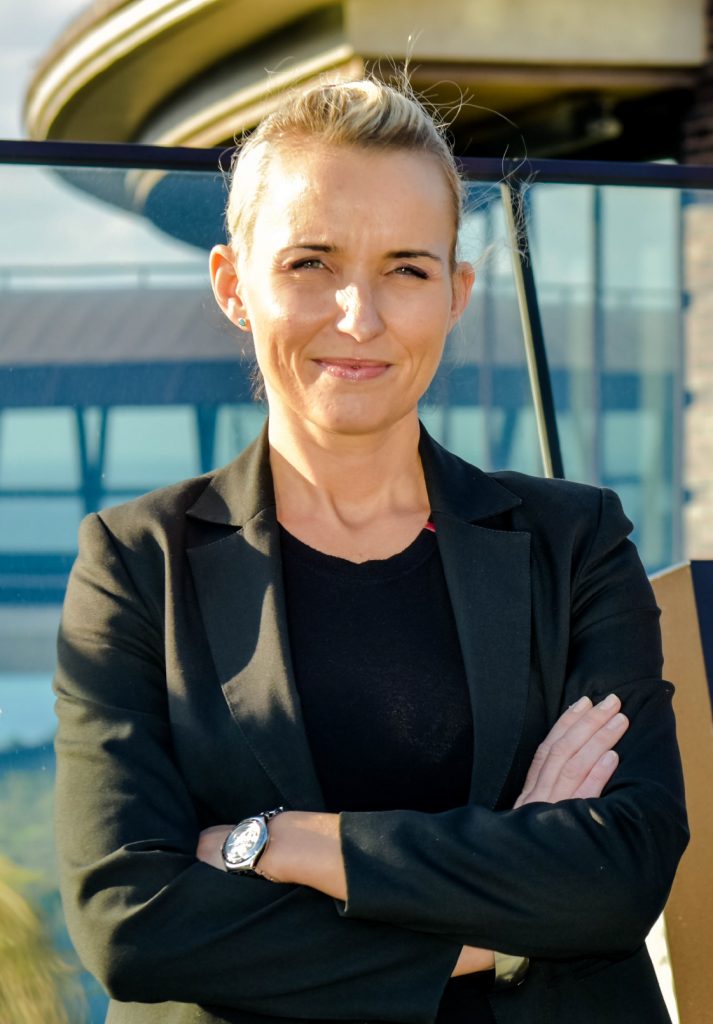 |
Dr. Bogna Ignatowska-Jankowska is a neurobiologist specializing in experimental research with use of animal models. Currently a Research Fellow at the Okinawa Institute of Science and Technology, Japan, supported by The Japan Society for Promotion of Science (JSPS). Dr. Ignatowska-Jankowska received MSc (2006) and PhD (2011) in Animal Physiology from the University of Gdansk, Poland, and conducted postdoctoral research at the Virginia Commonwealth University, USA (2011-2014) and the Hebrew University of Jerusalem, Israel (2014-2017). She specializes in the physiology of the central nervous system, in particular the function of the endocannabinoid system in the brain, neuropsychopharmacology, and function of the brain reward system. Her scientific interests focus on the neurobiological basis of behavior and use of neuropharmacological and genetic tools to modify animal behavior. Dr. Ignatowska-Jankowska is a beneficiary of several fellowships and awards as well as research grants including Shimon Peres Postdoctoral Award (2016), The Lady Davis Fellowship (2016), Foundation for Polish Science Research Grant within Ventures Program (2009), and many others. |
Neuronal Rhythms in Movement Unit, Okinawa Institute of Science and Technology Graduate University, Okinawa, Japan
